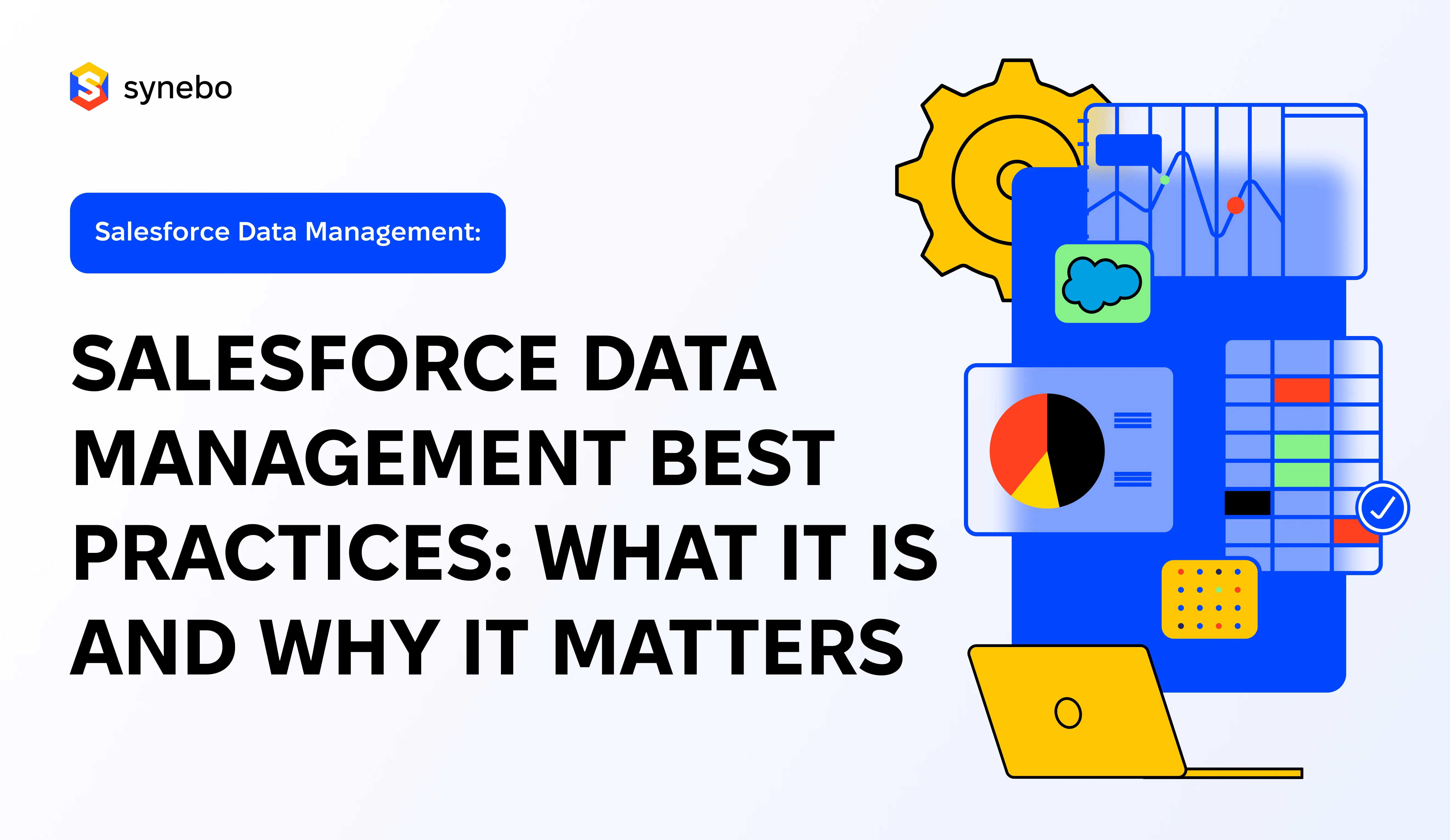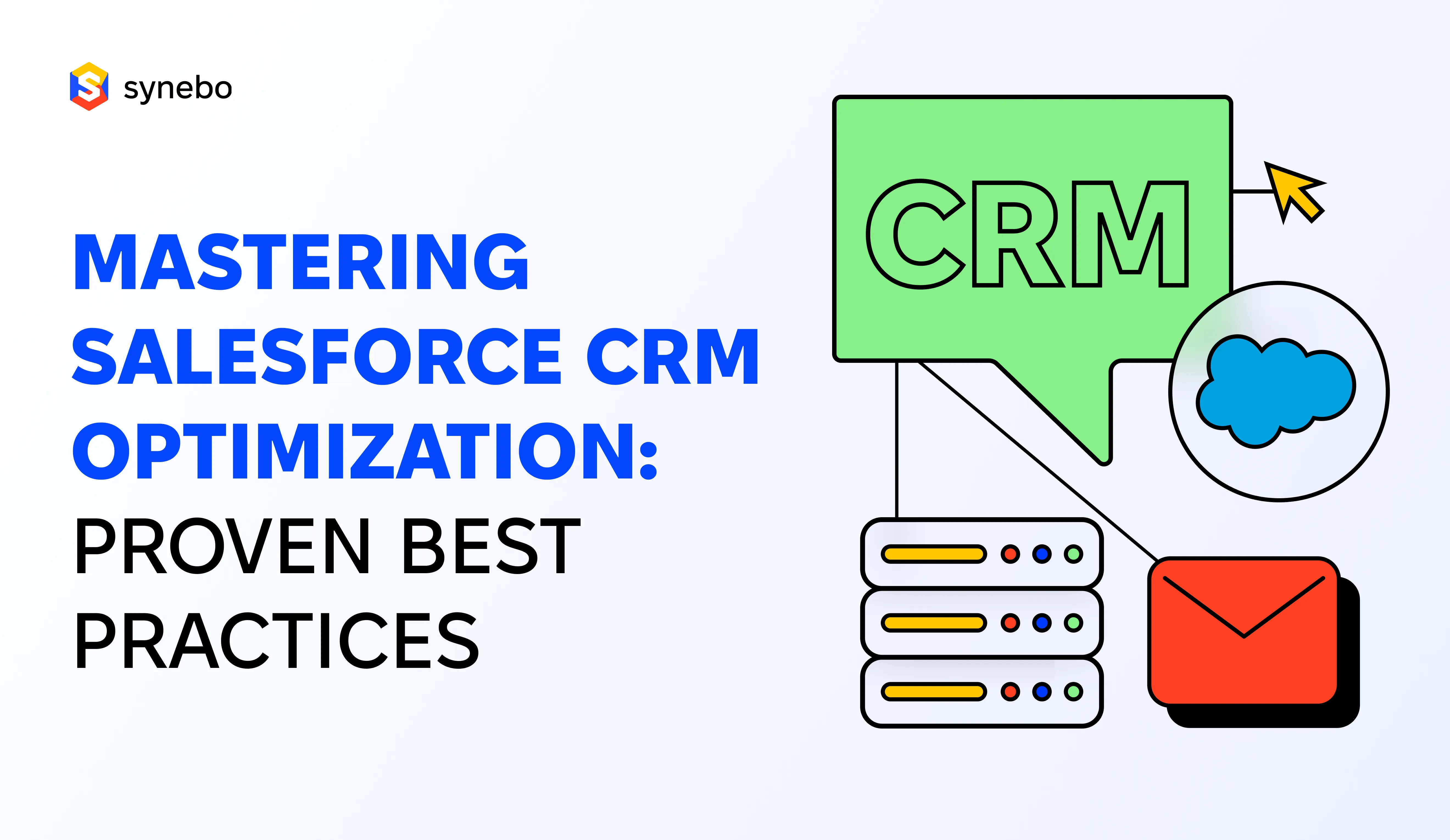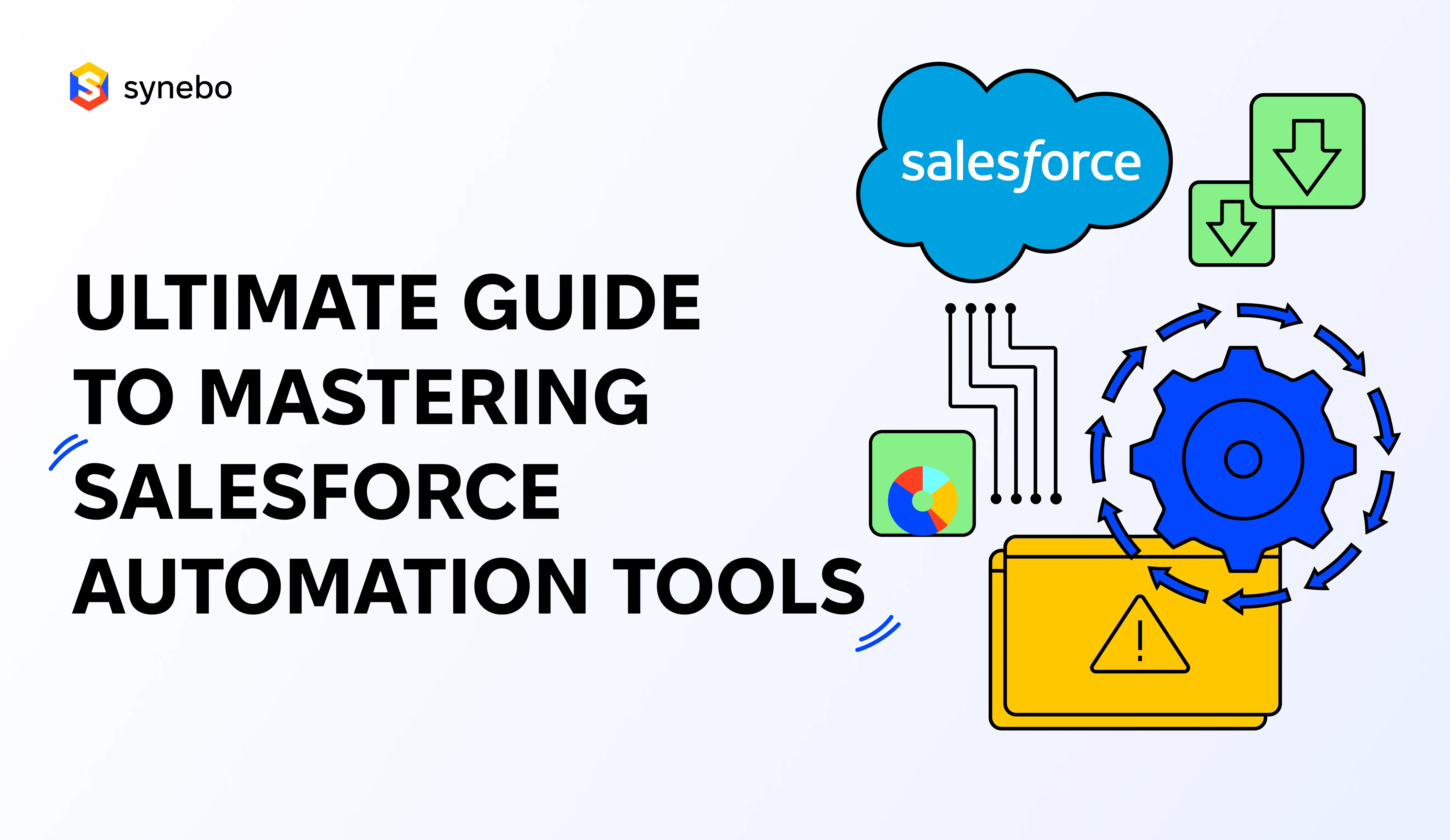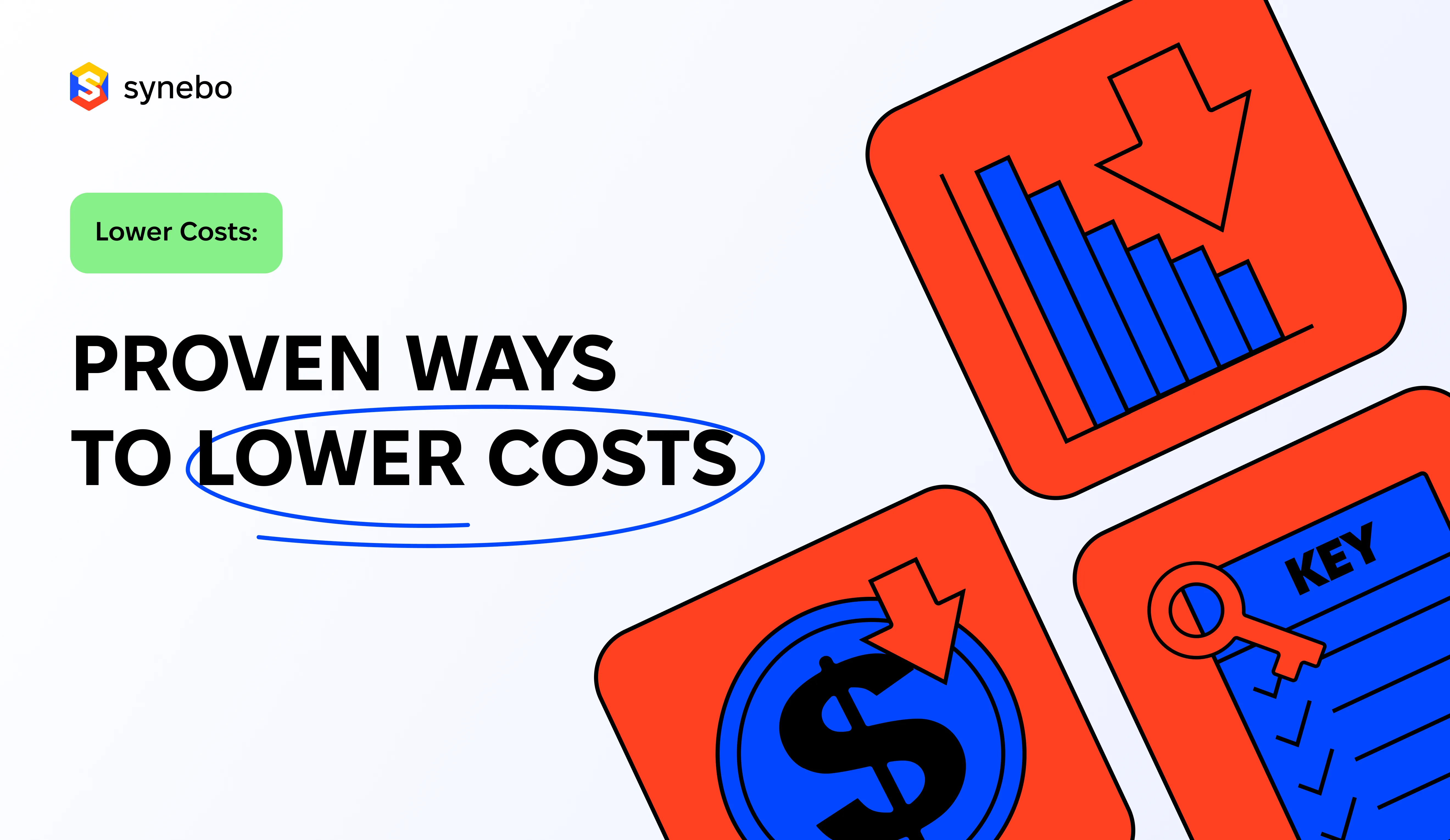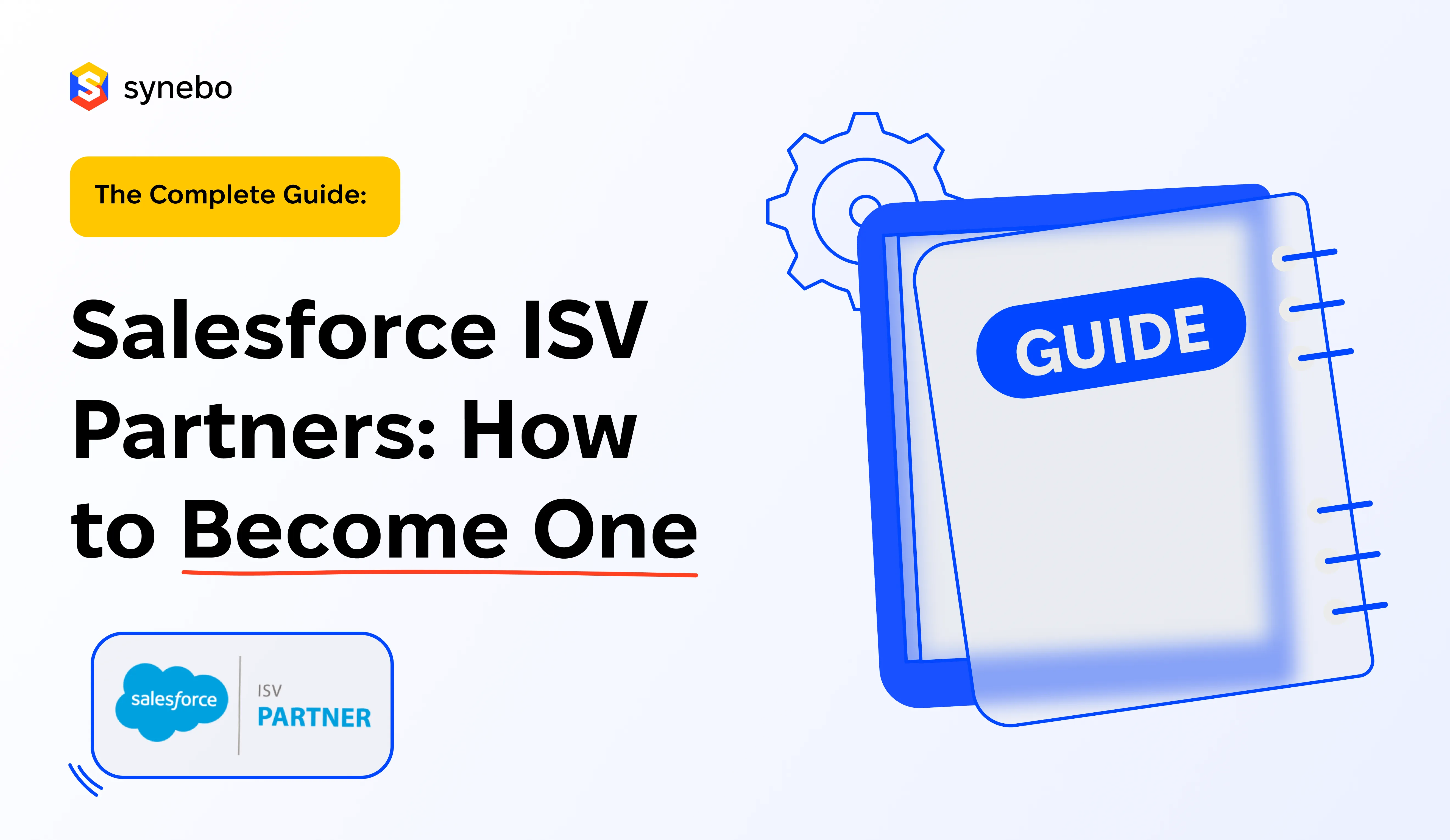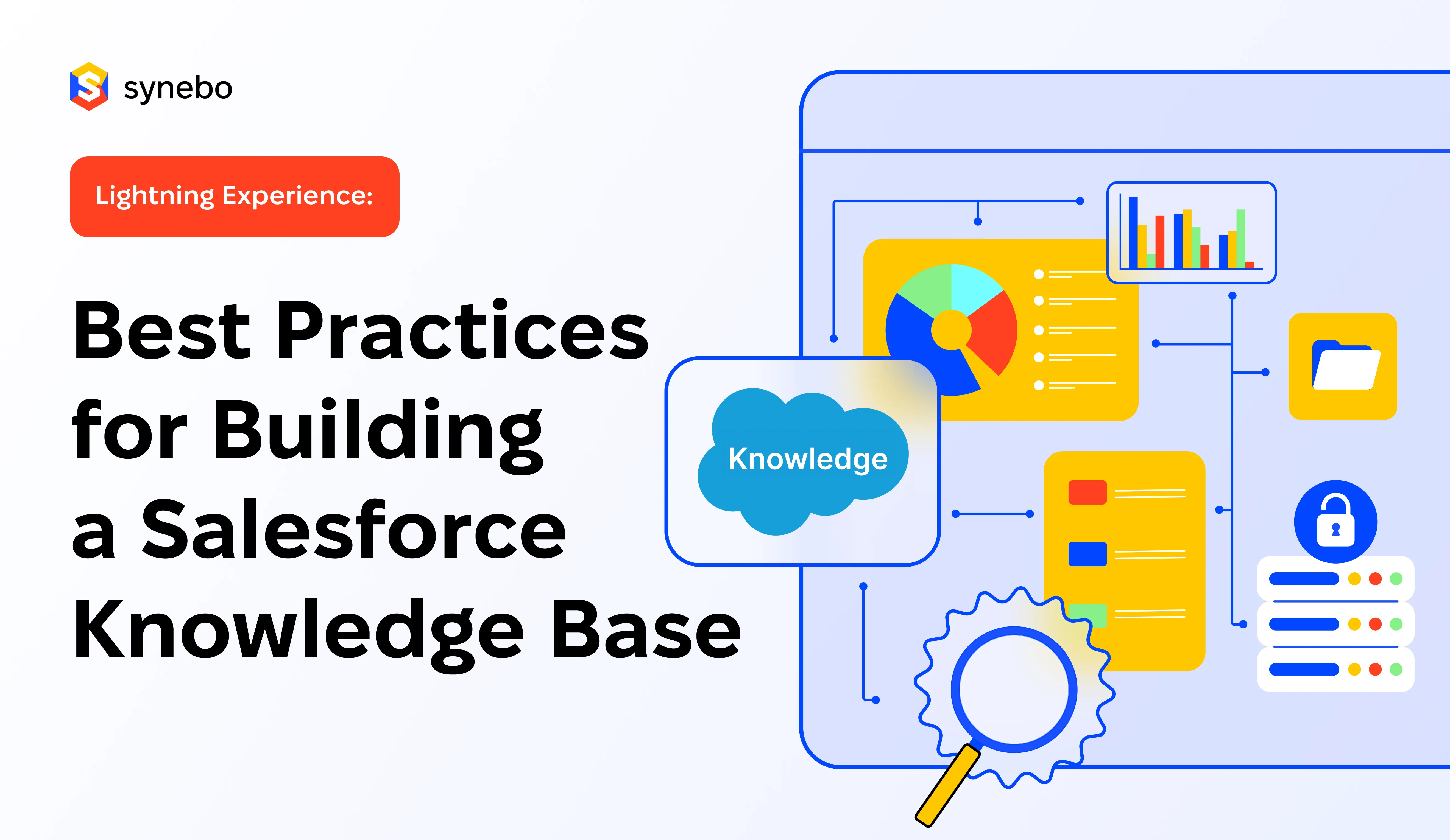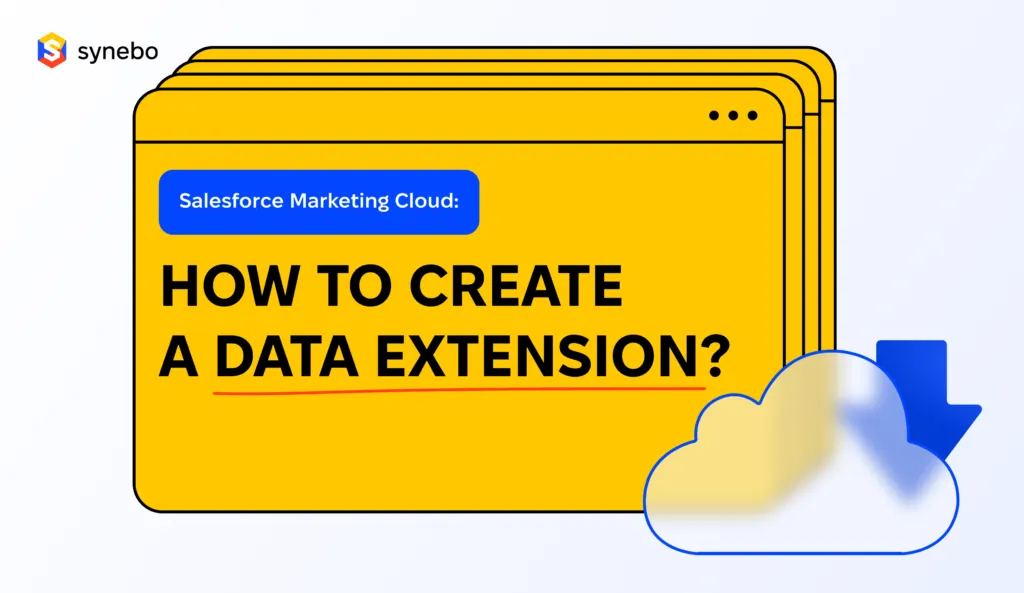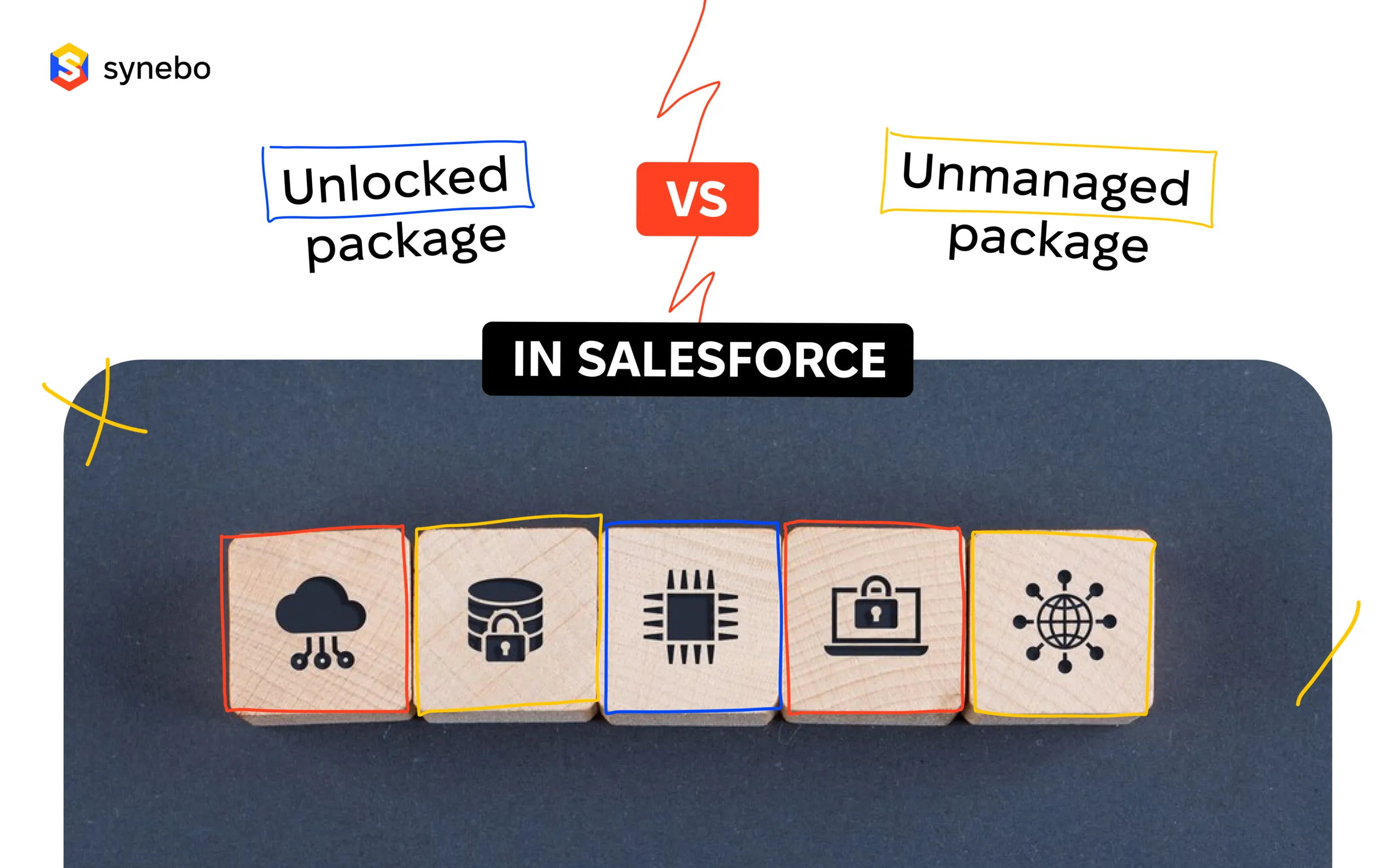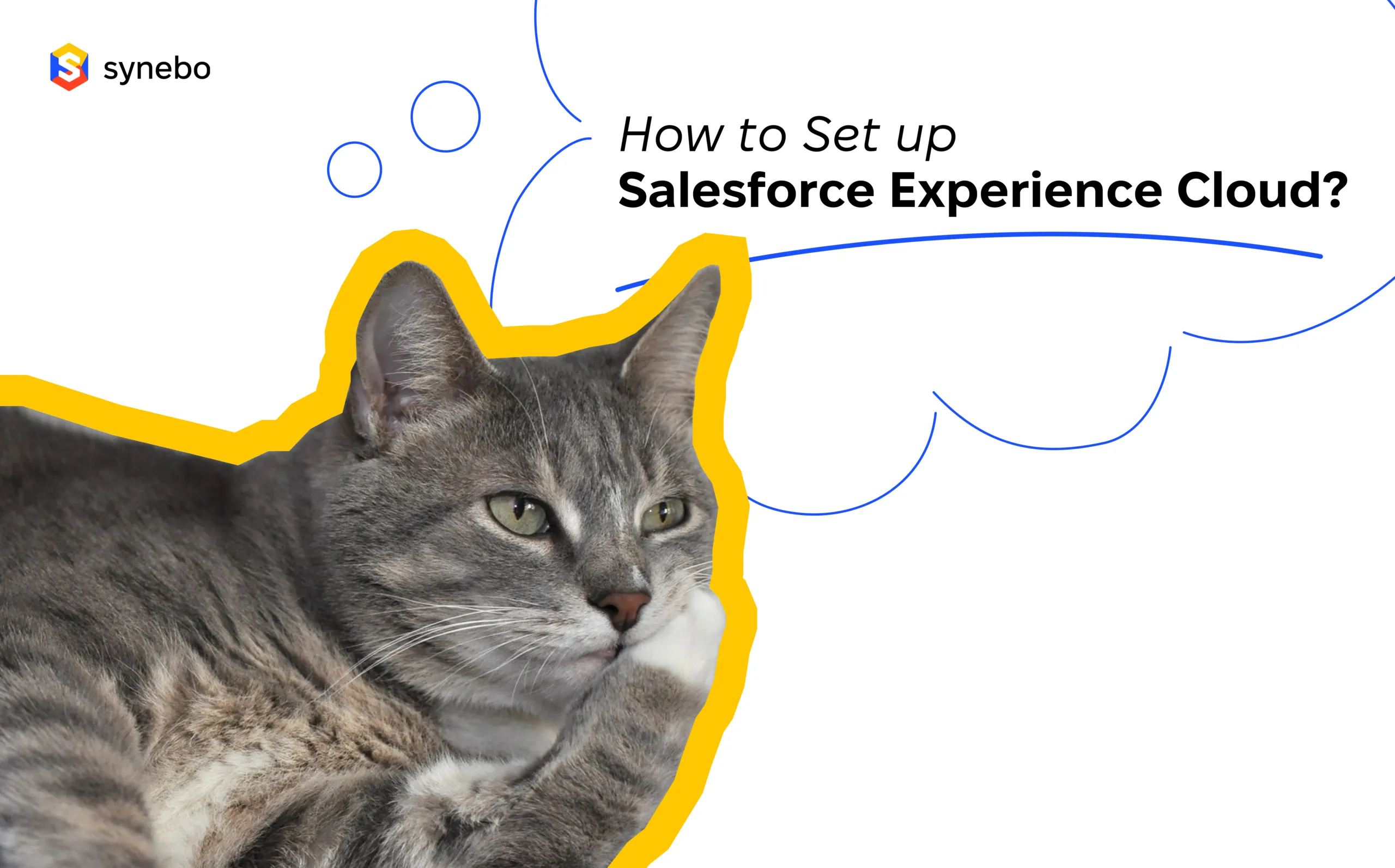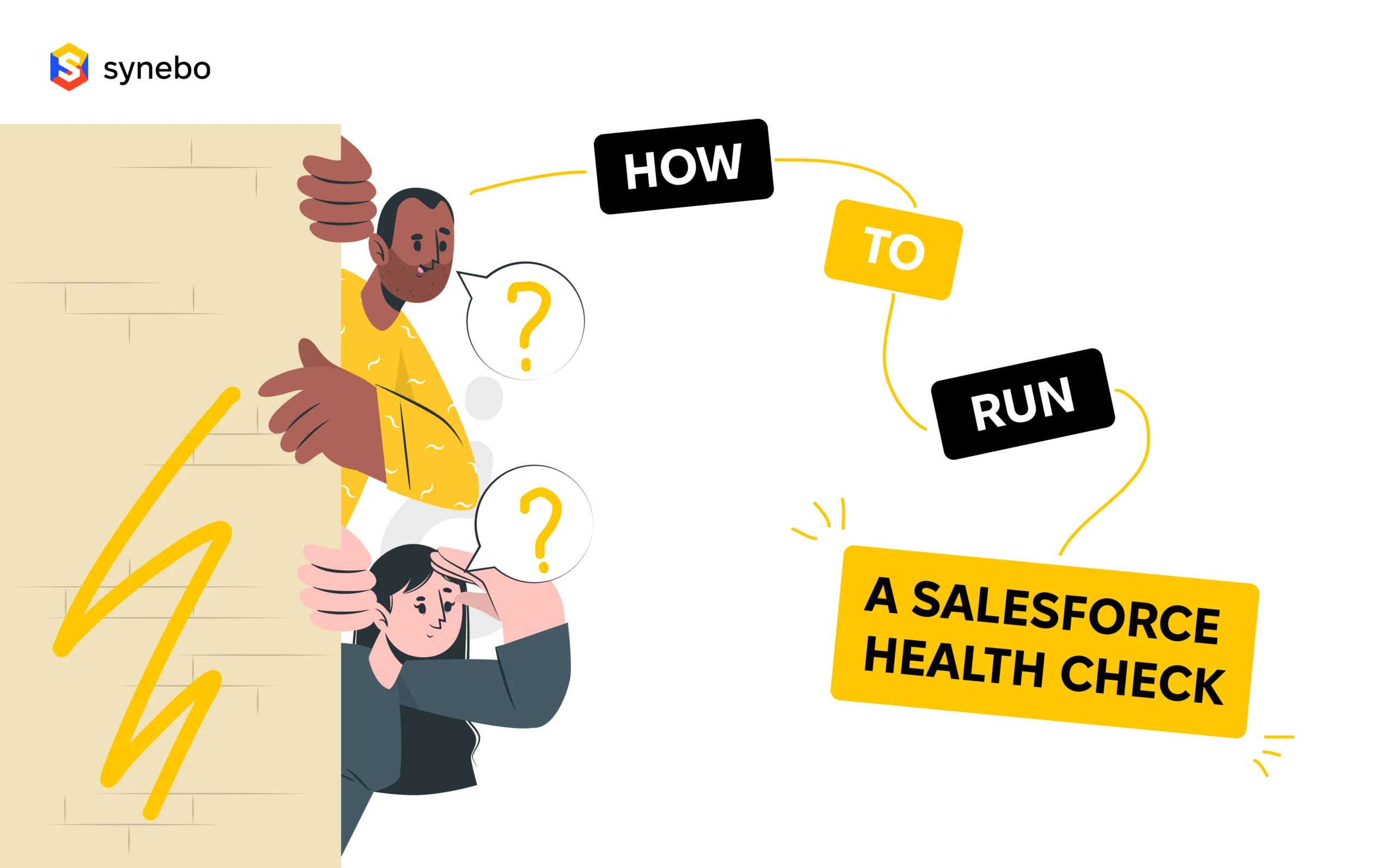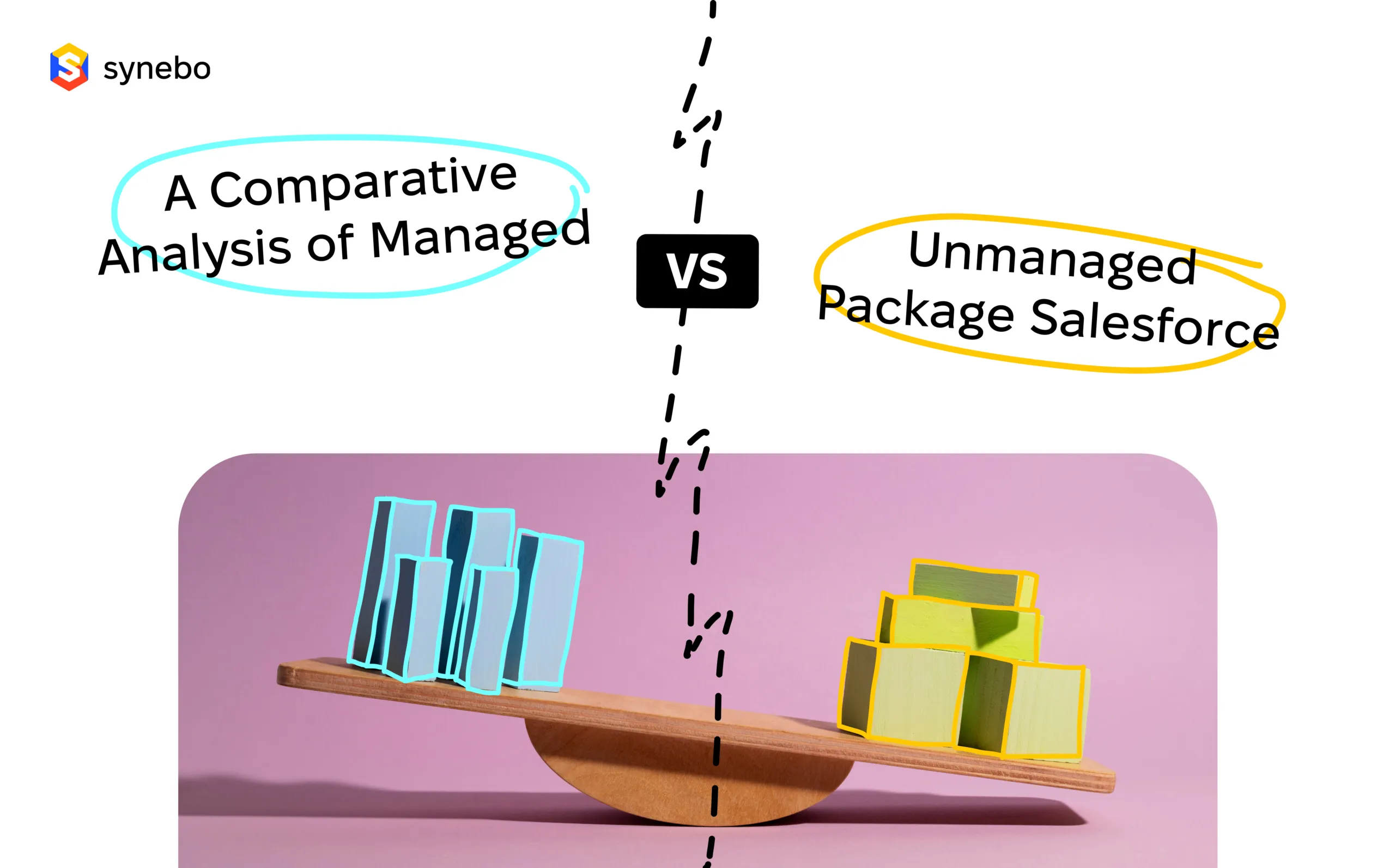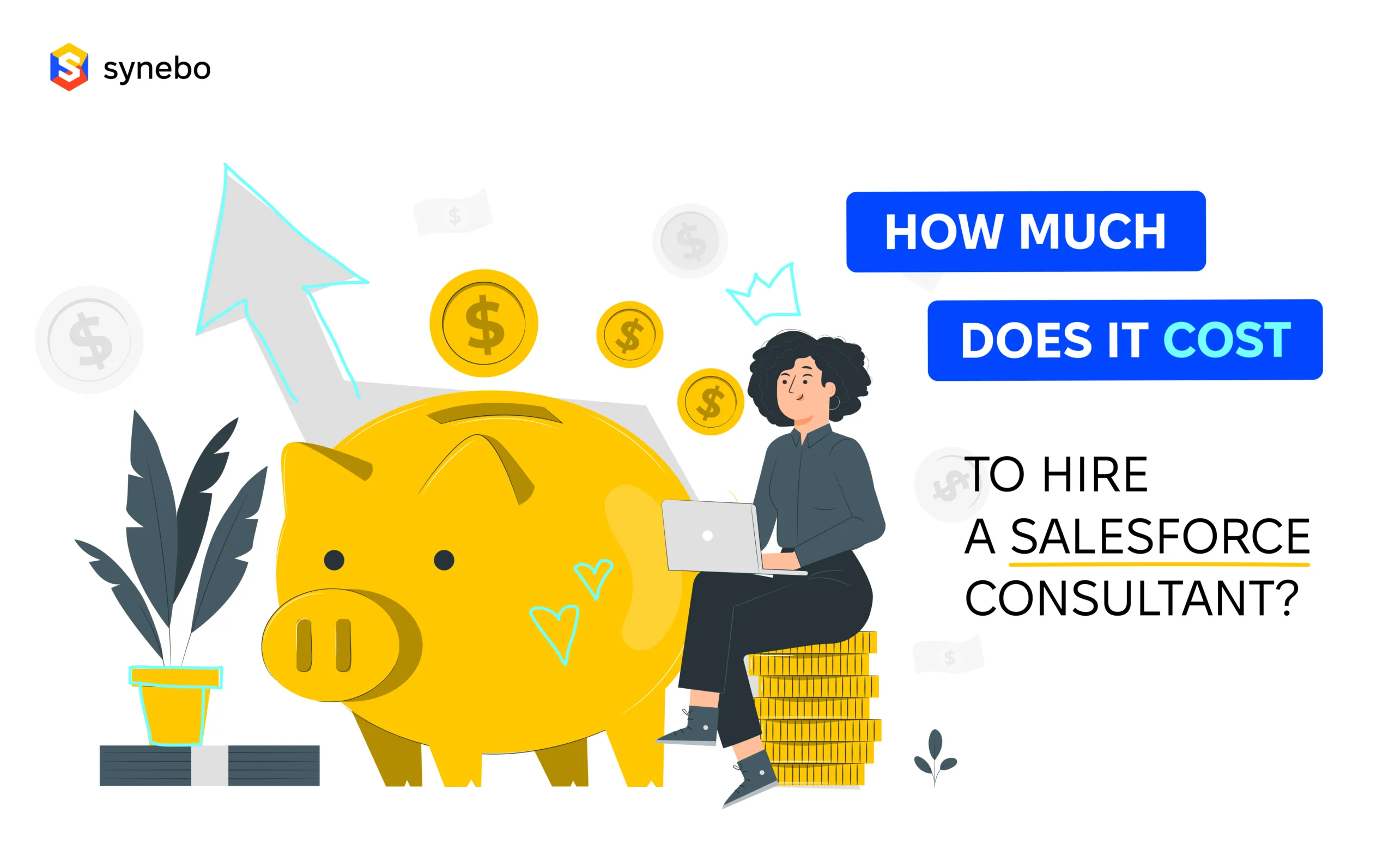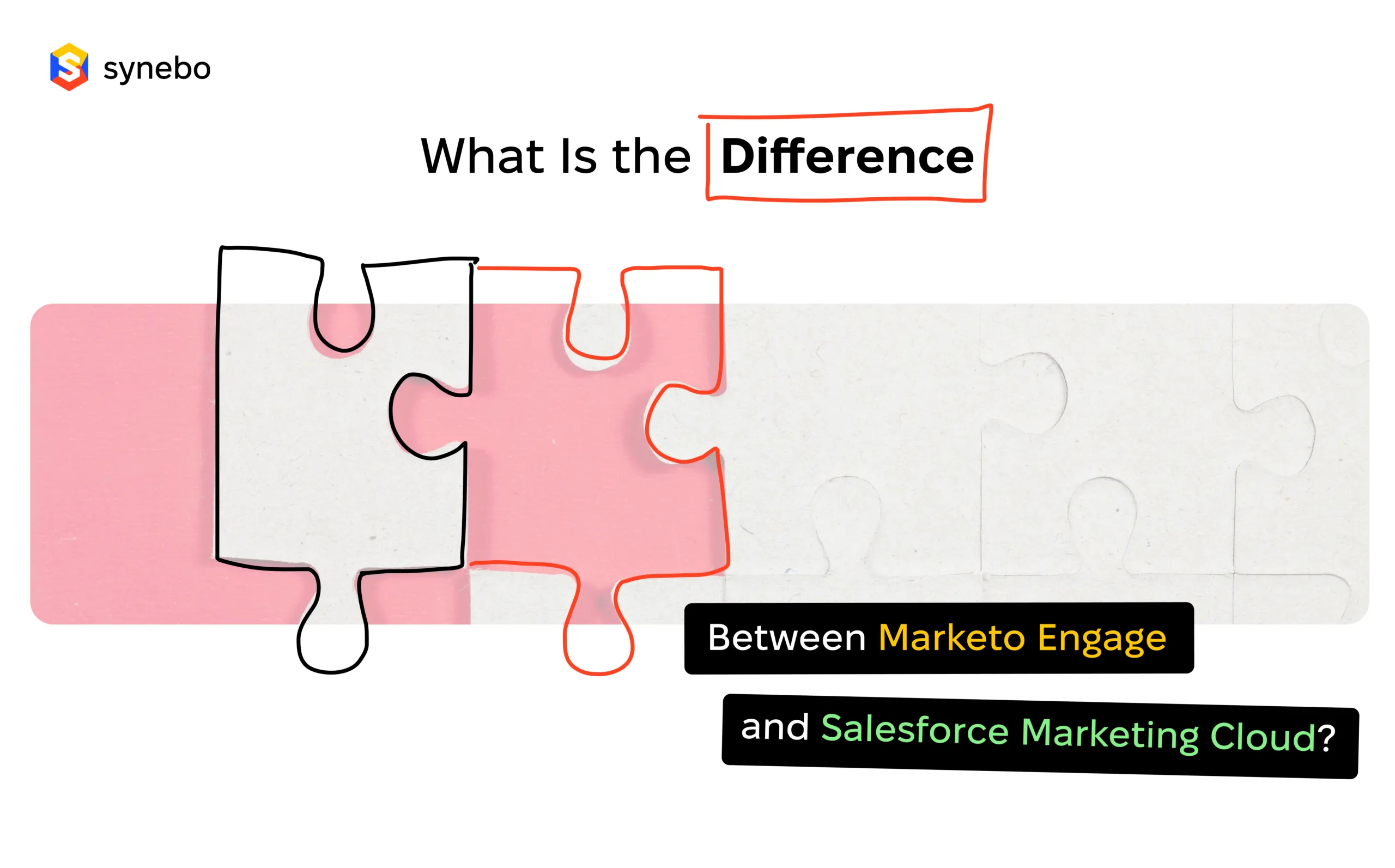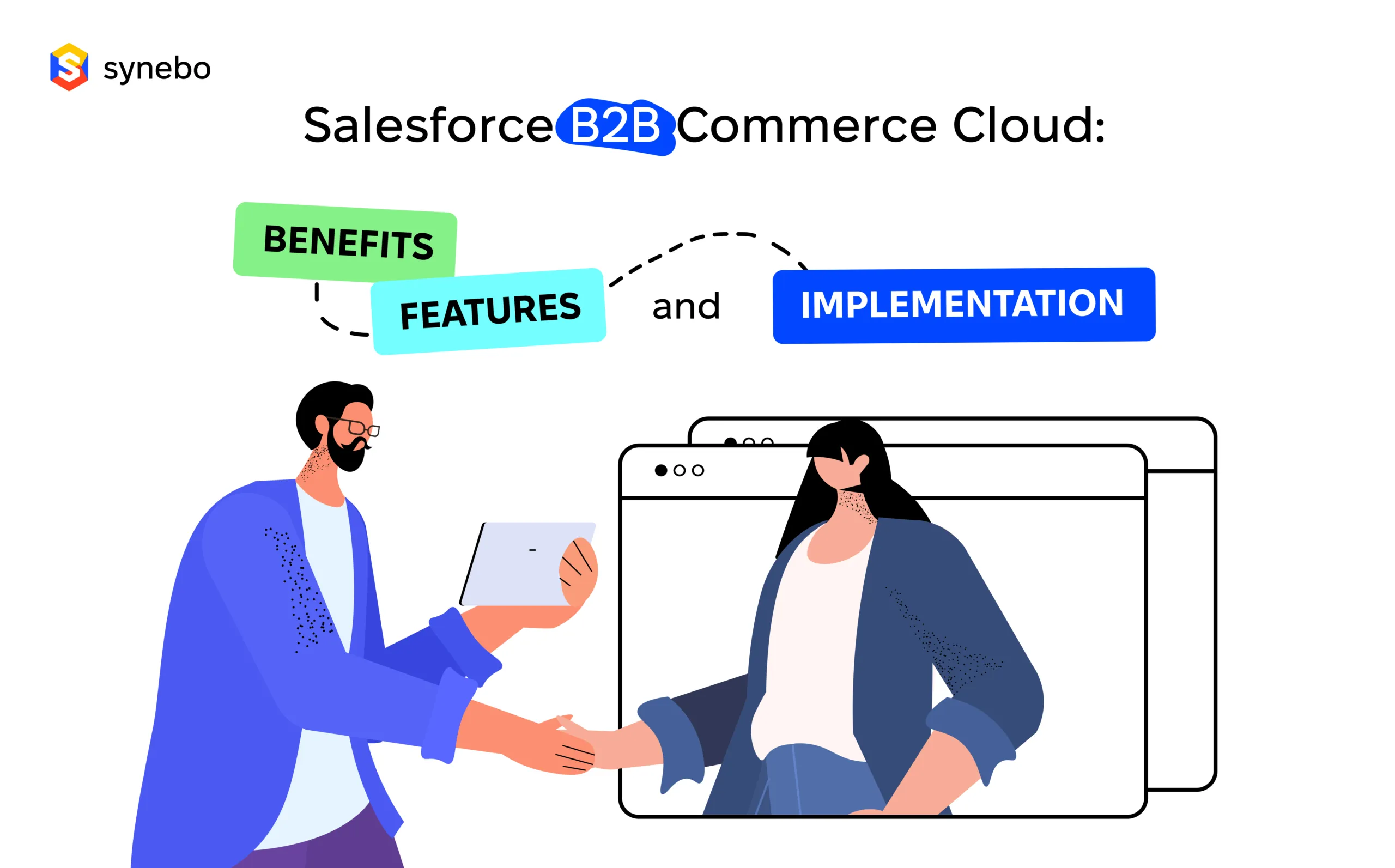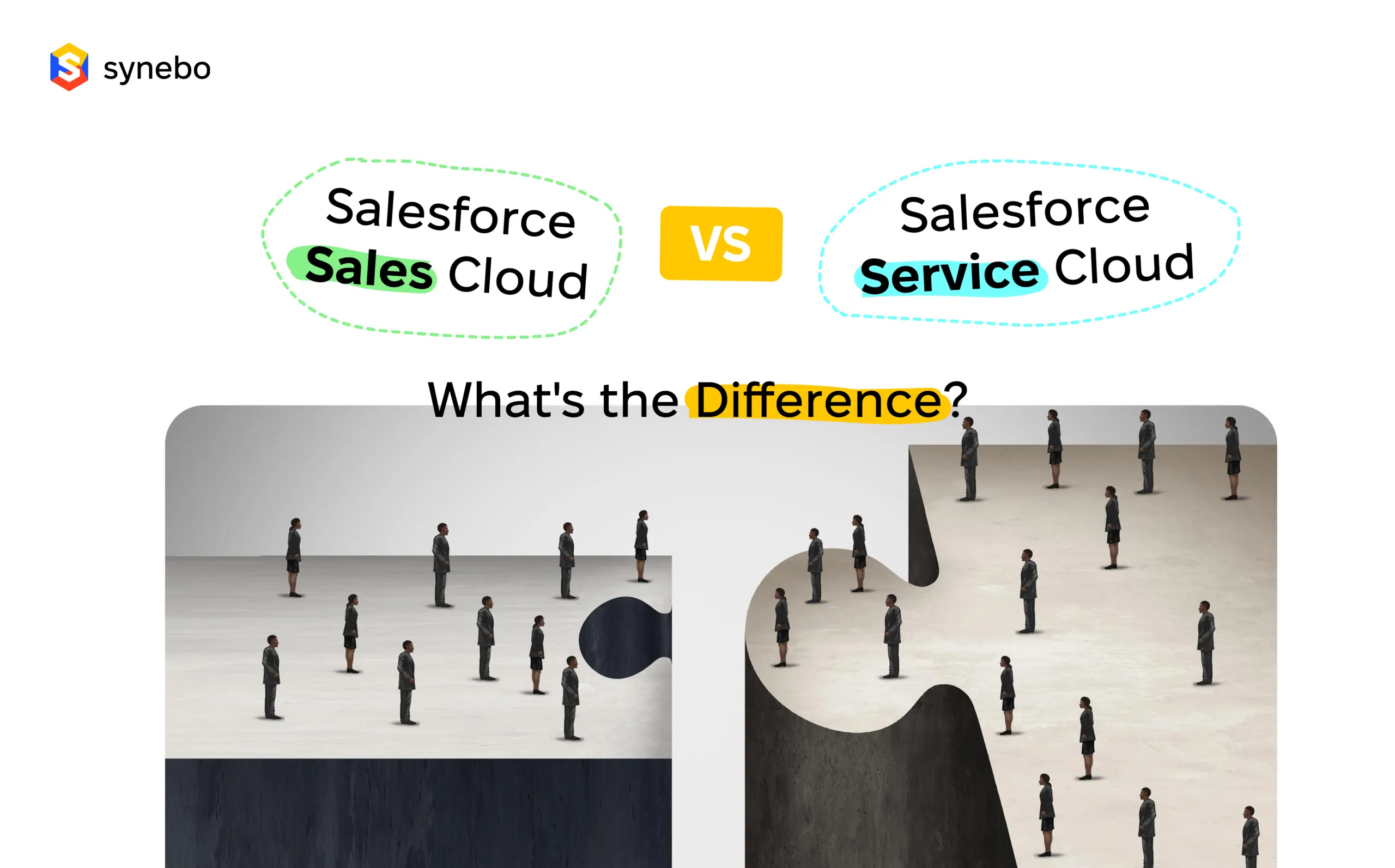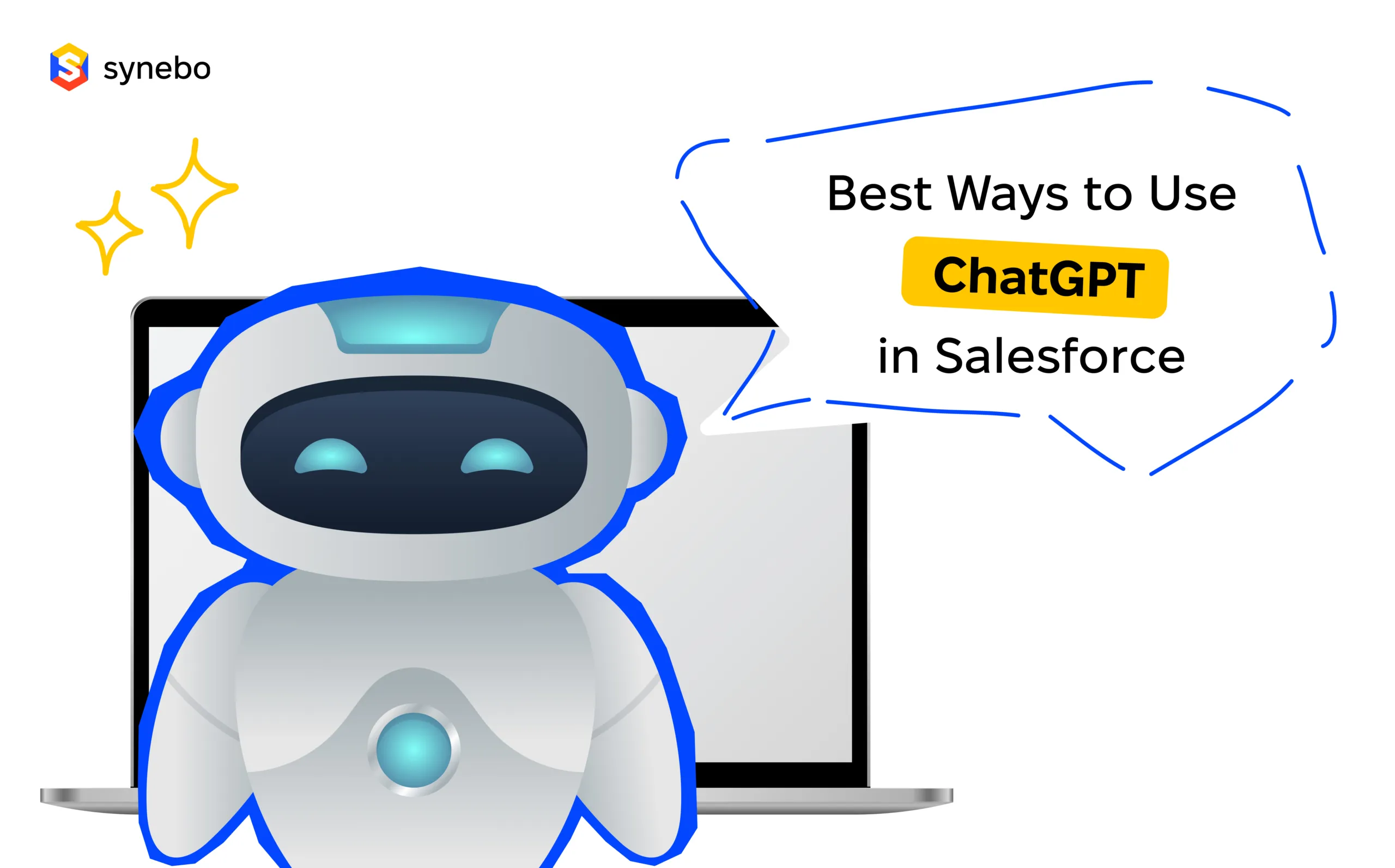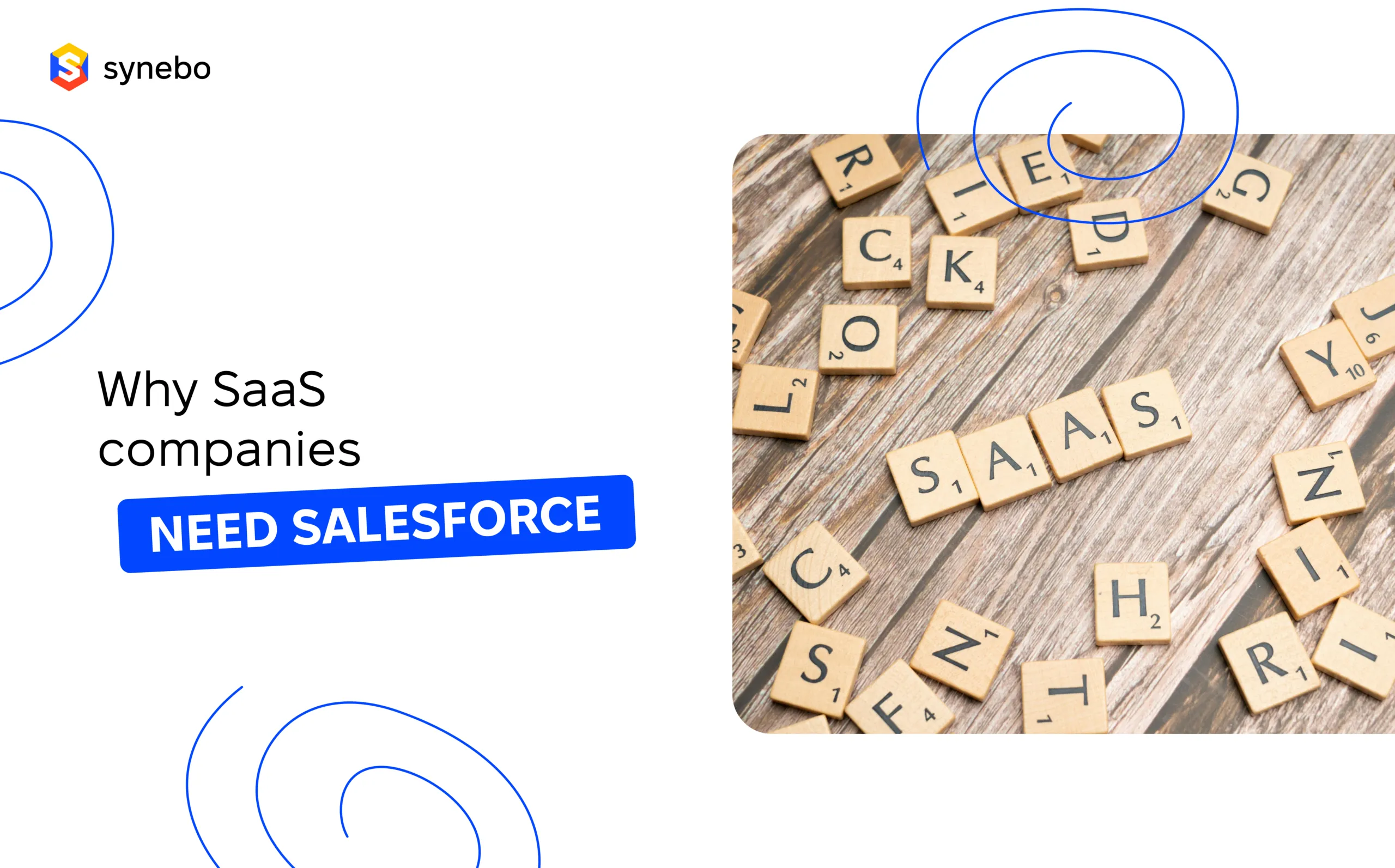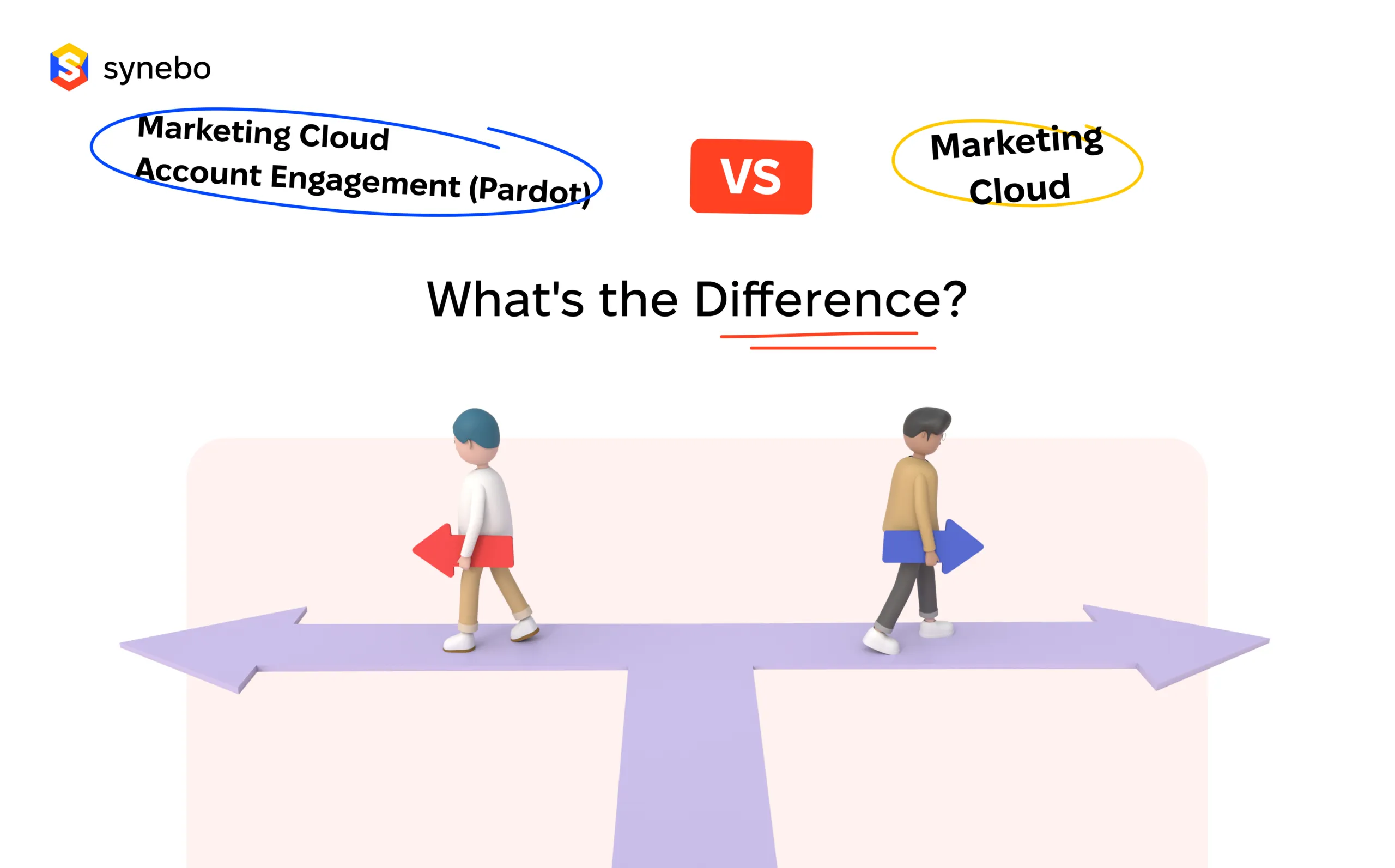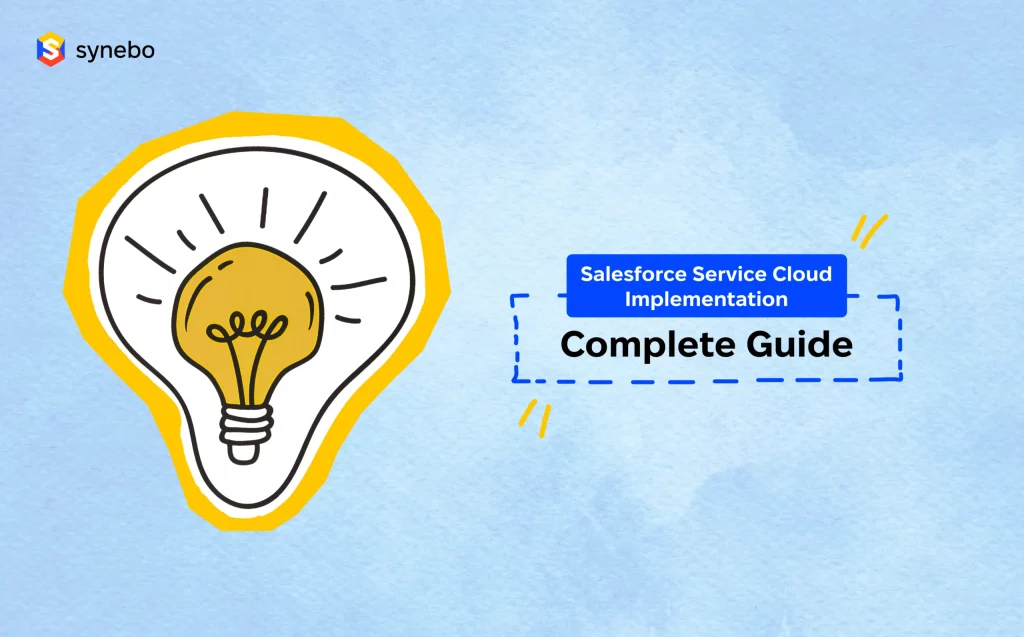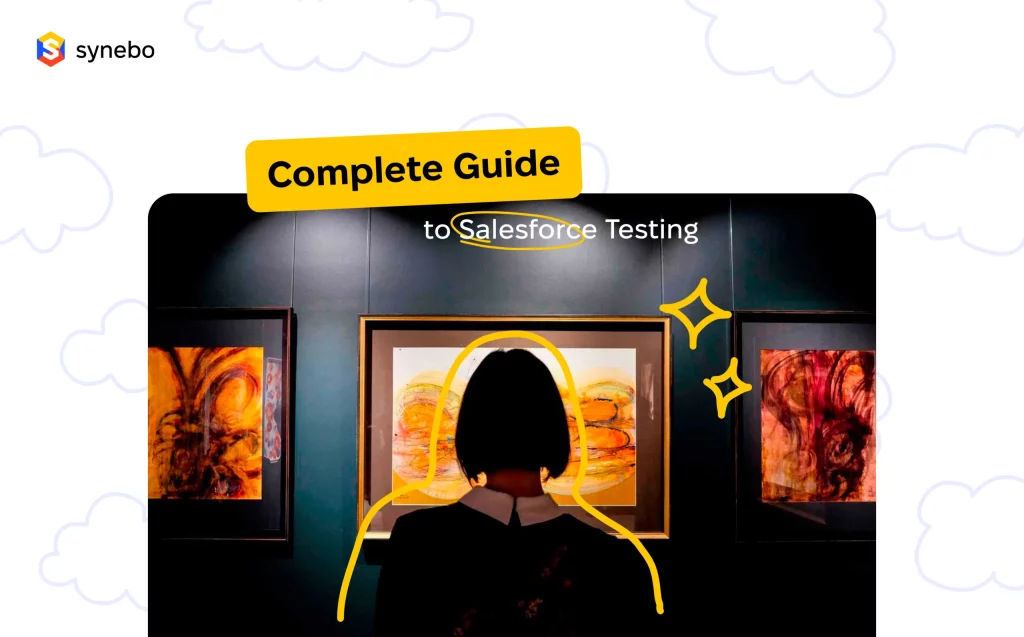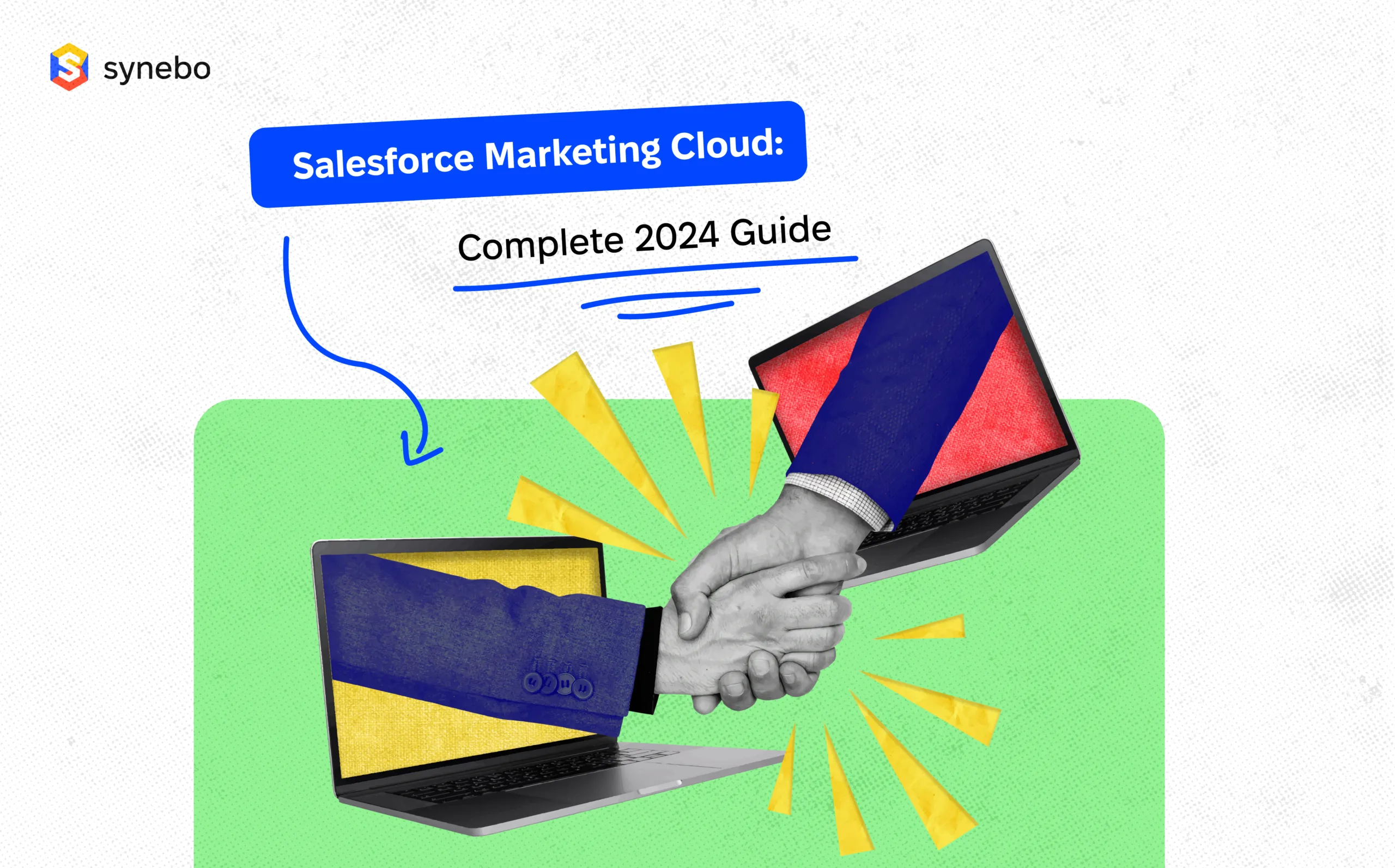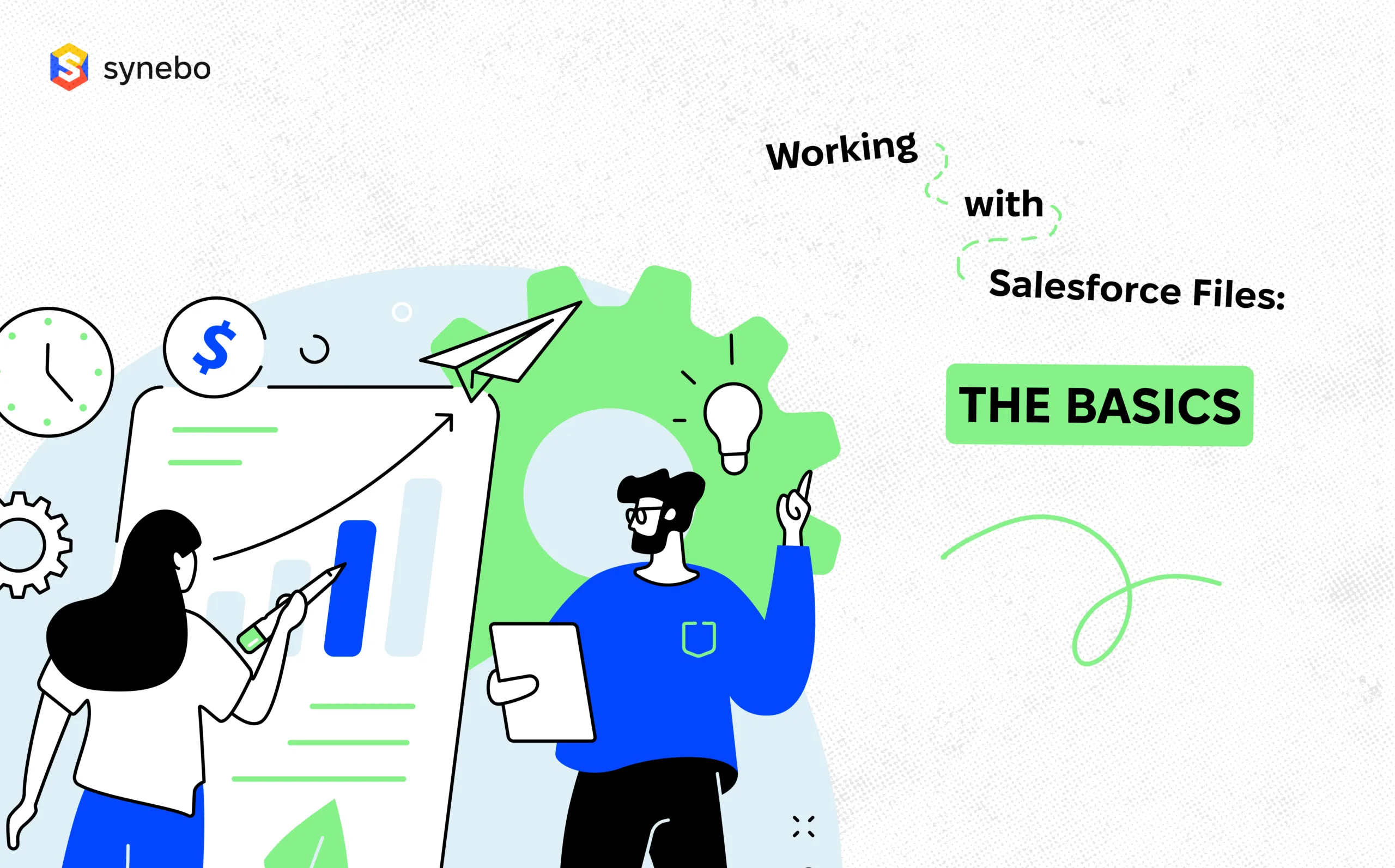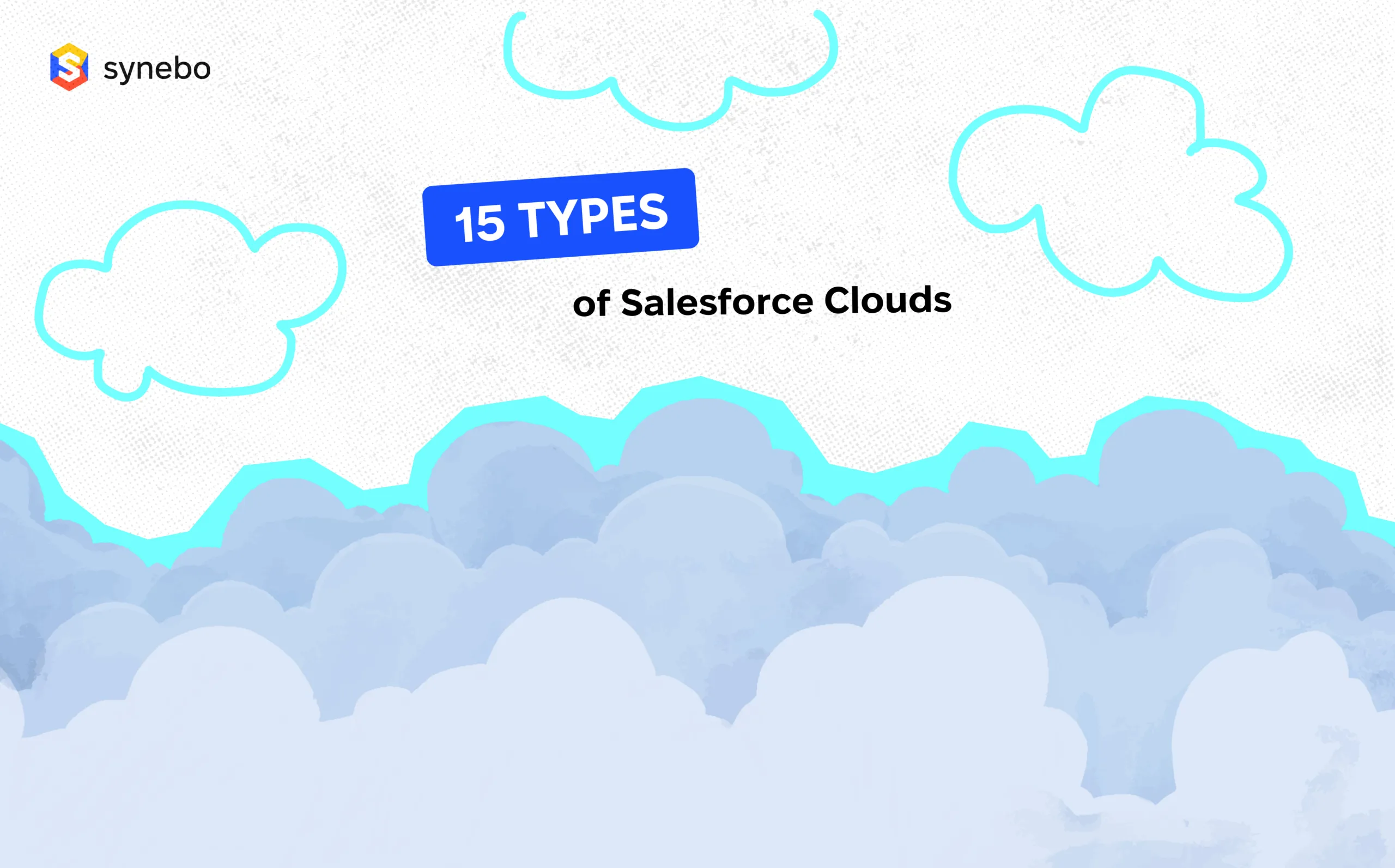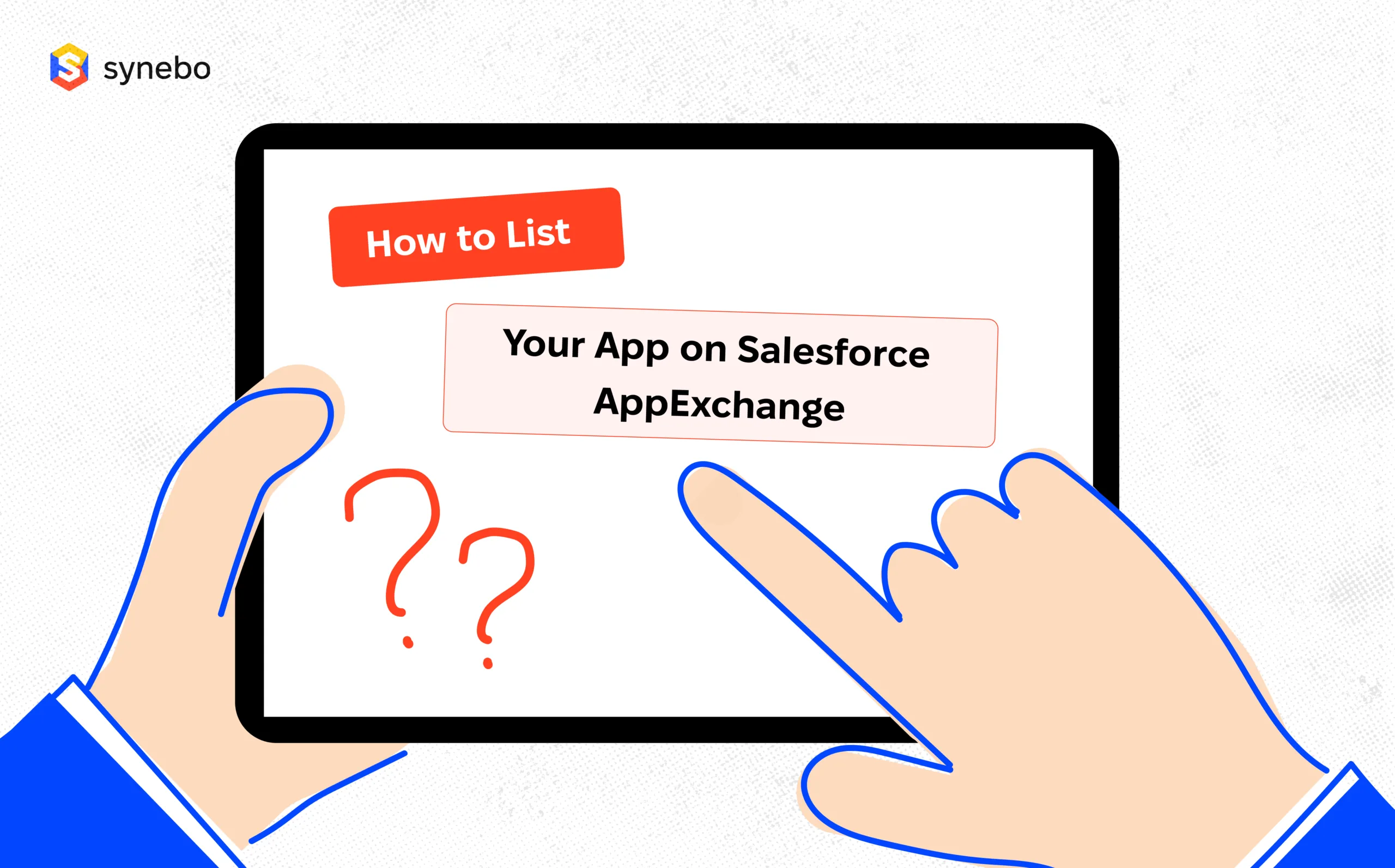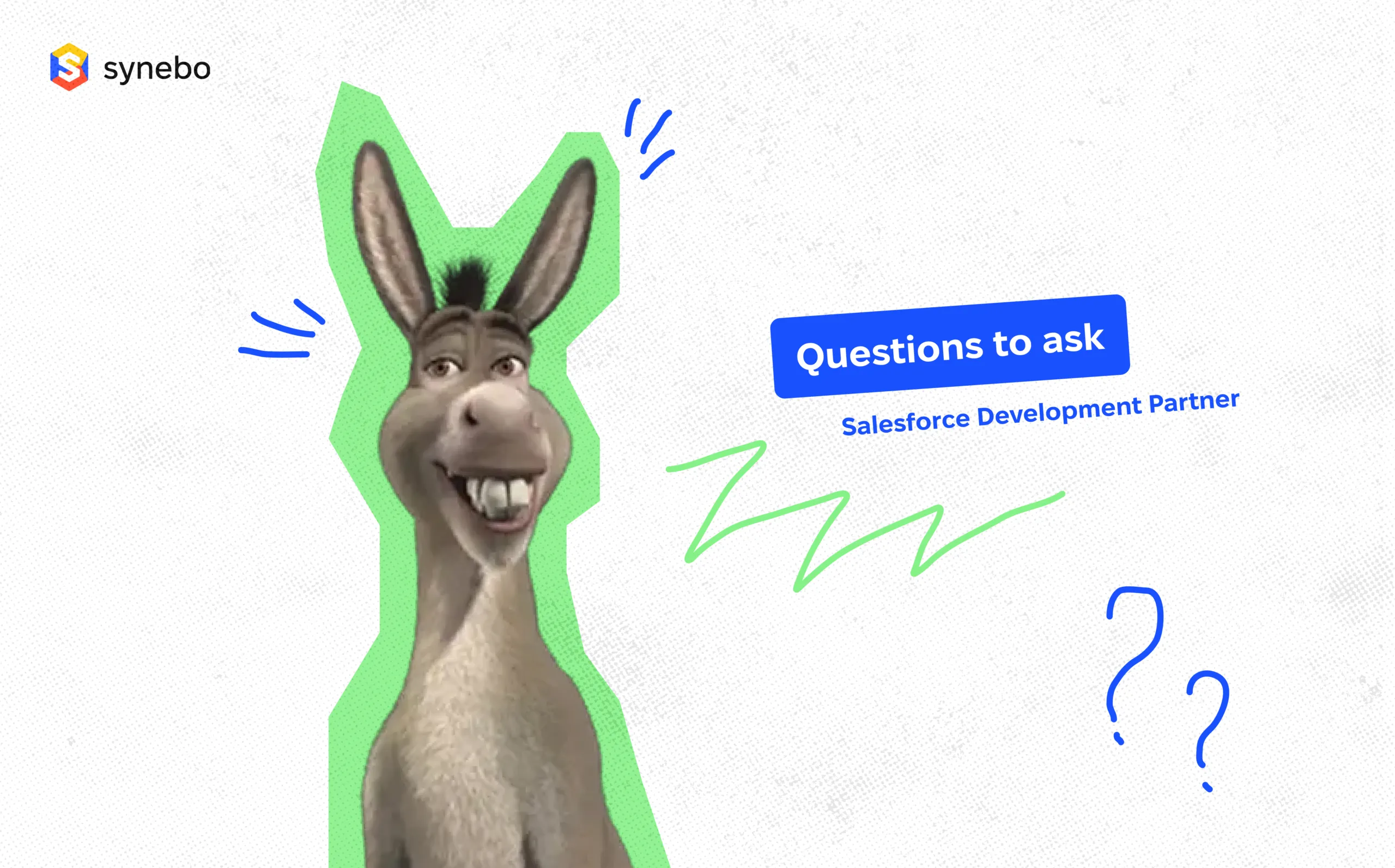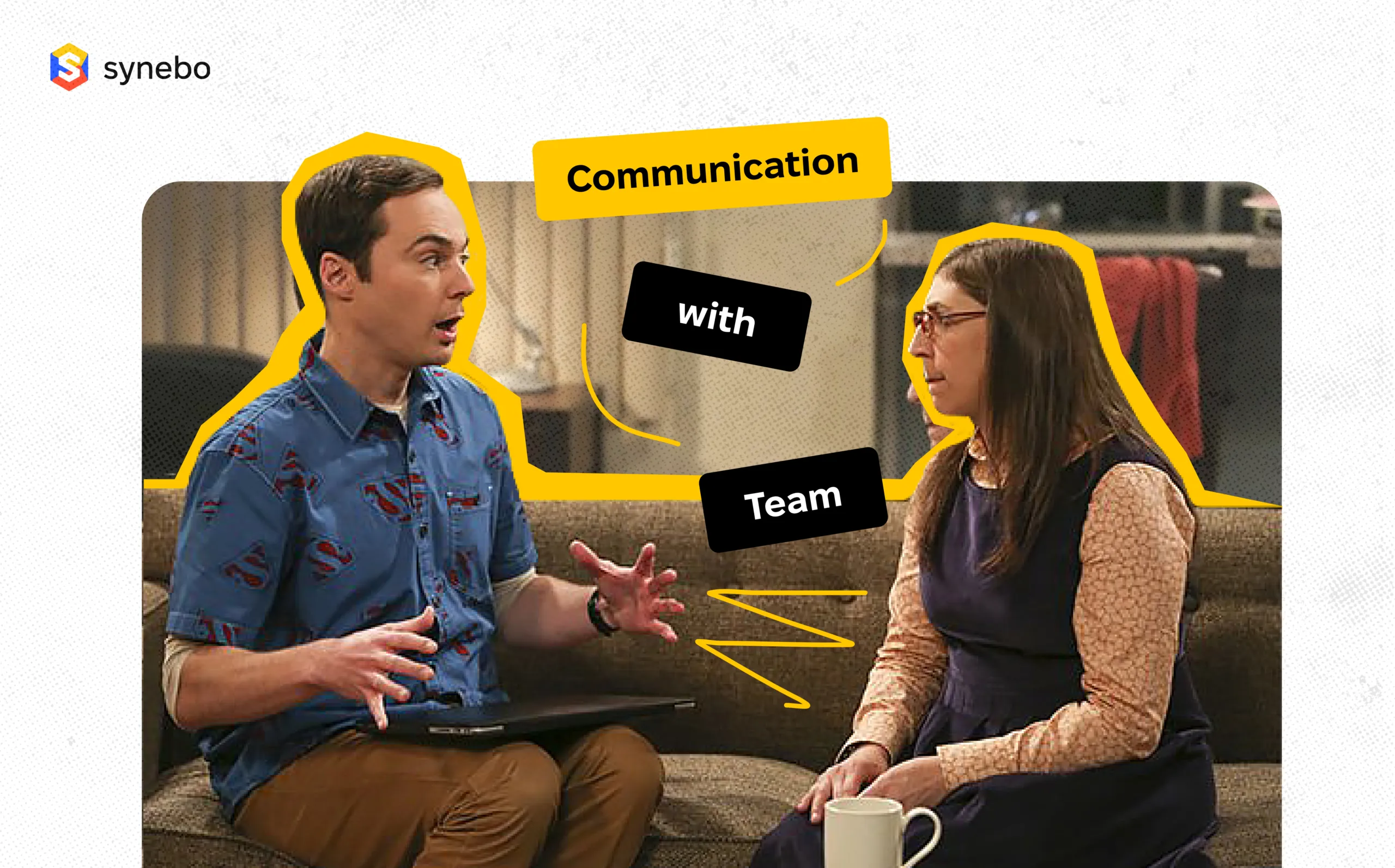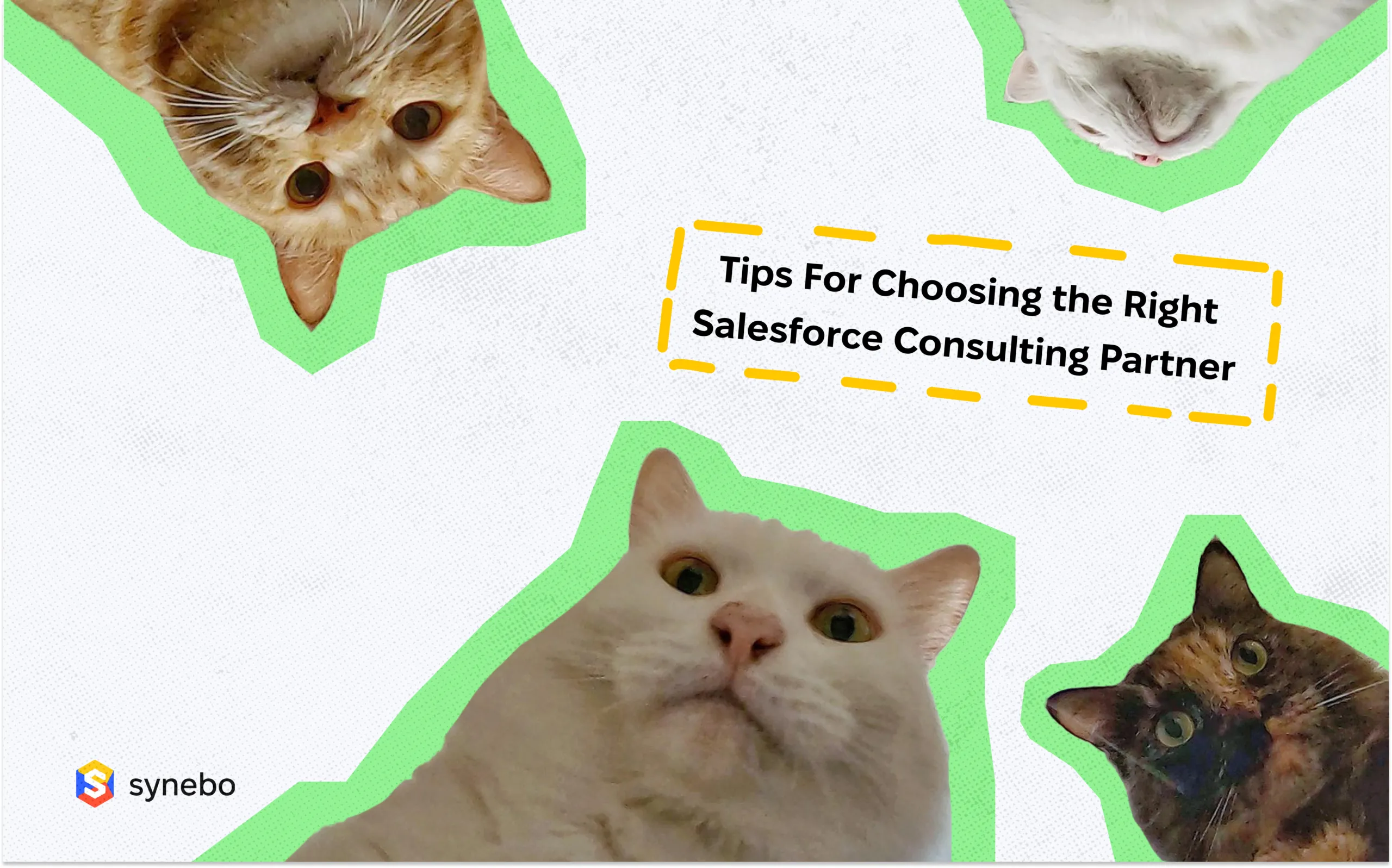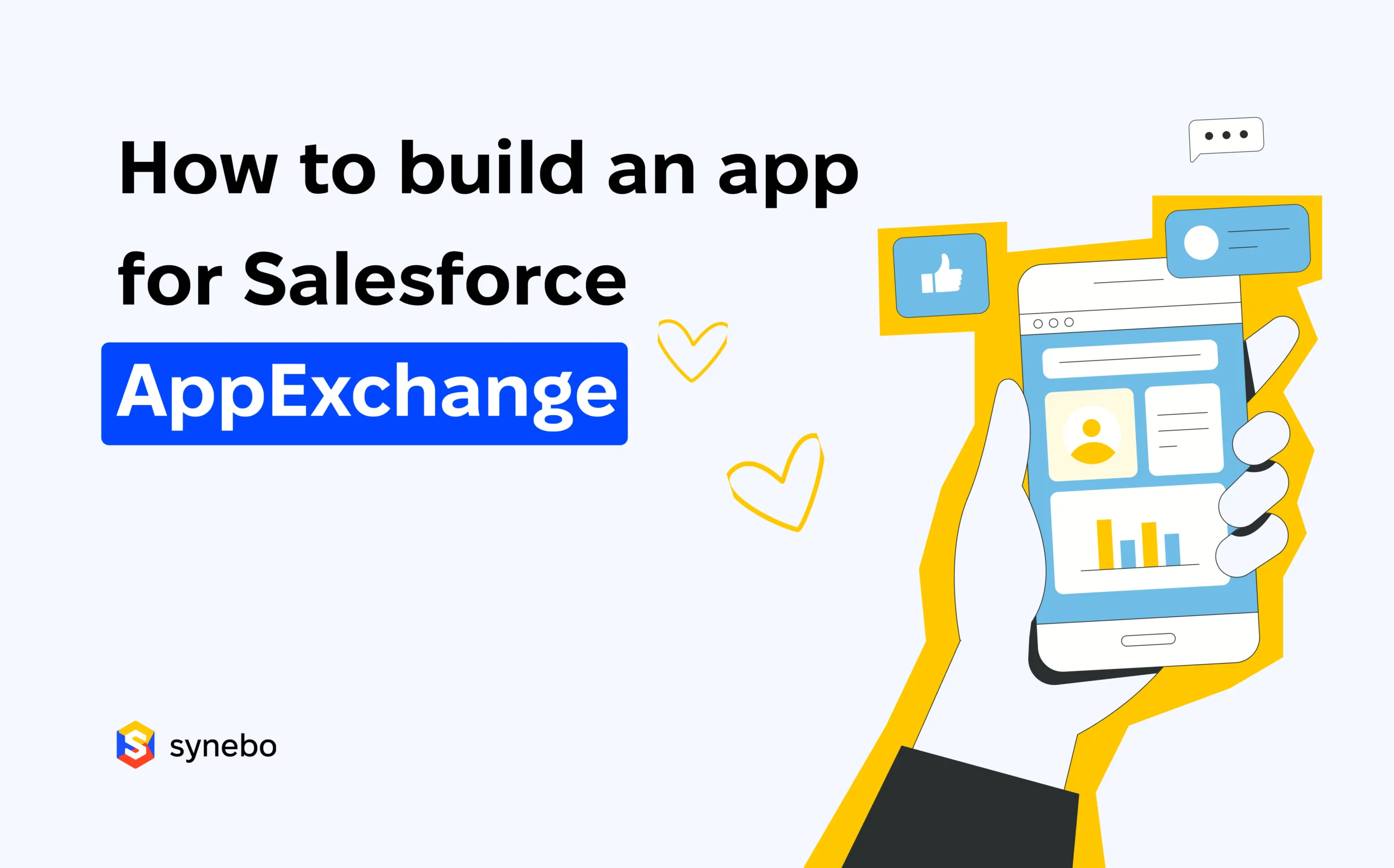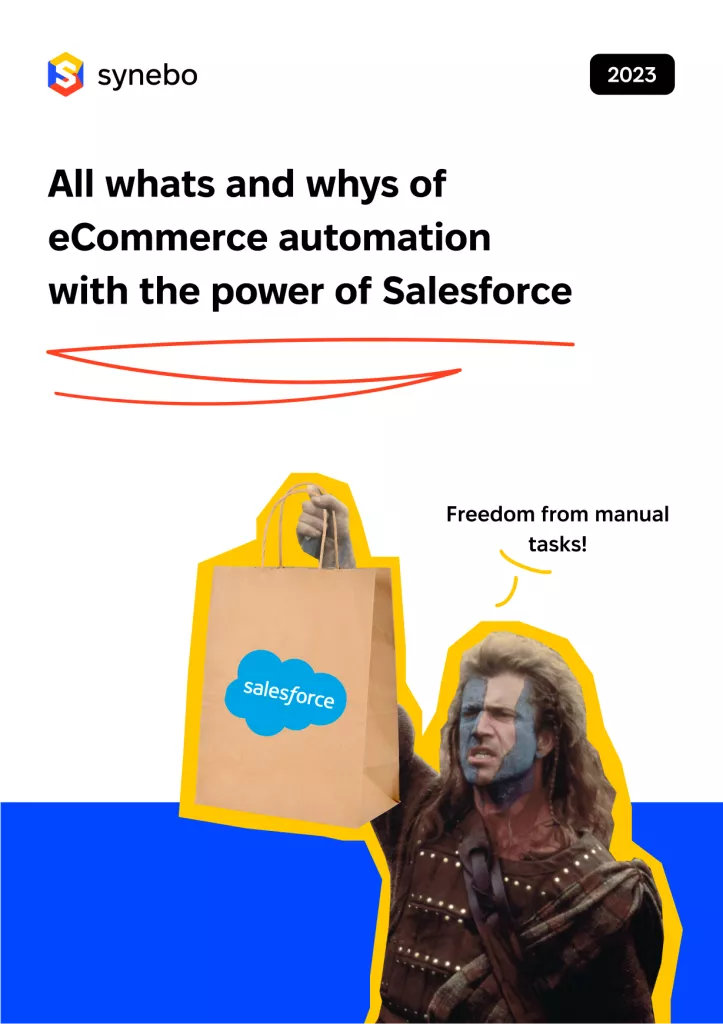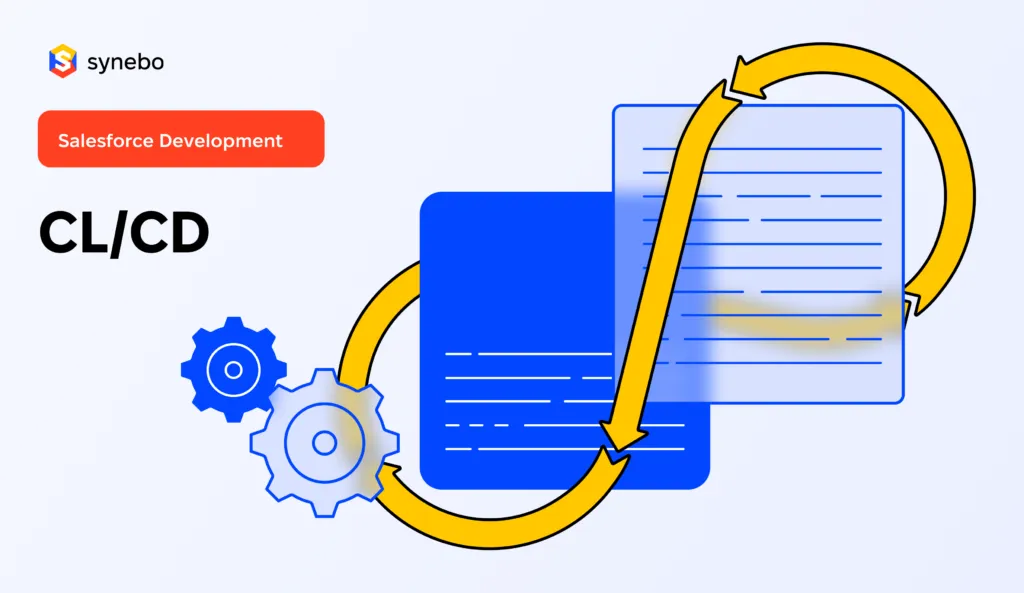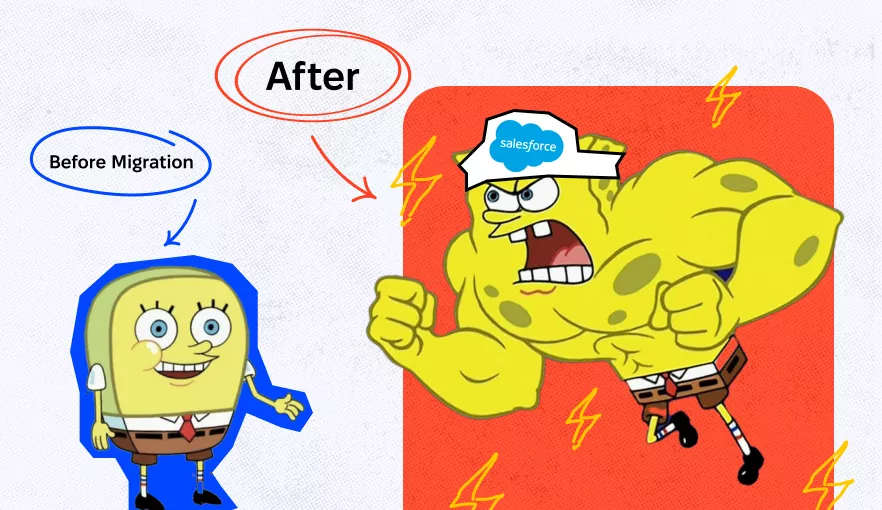Salesforce Editions Comparison: How to Choose the Right One
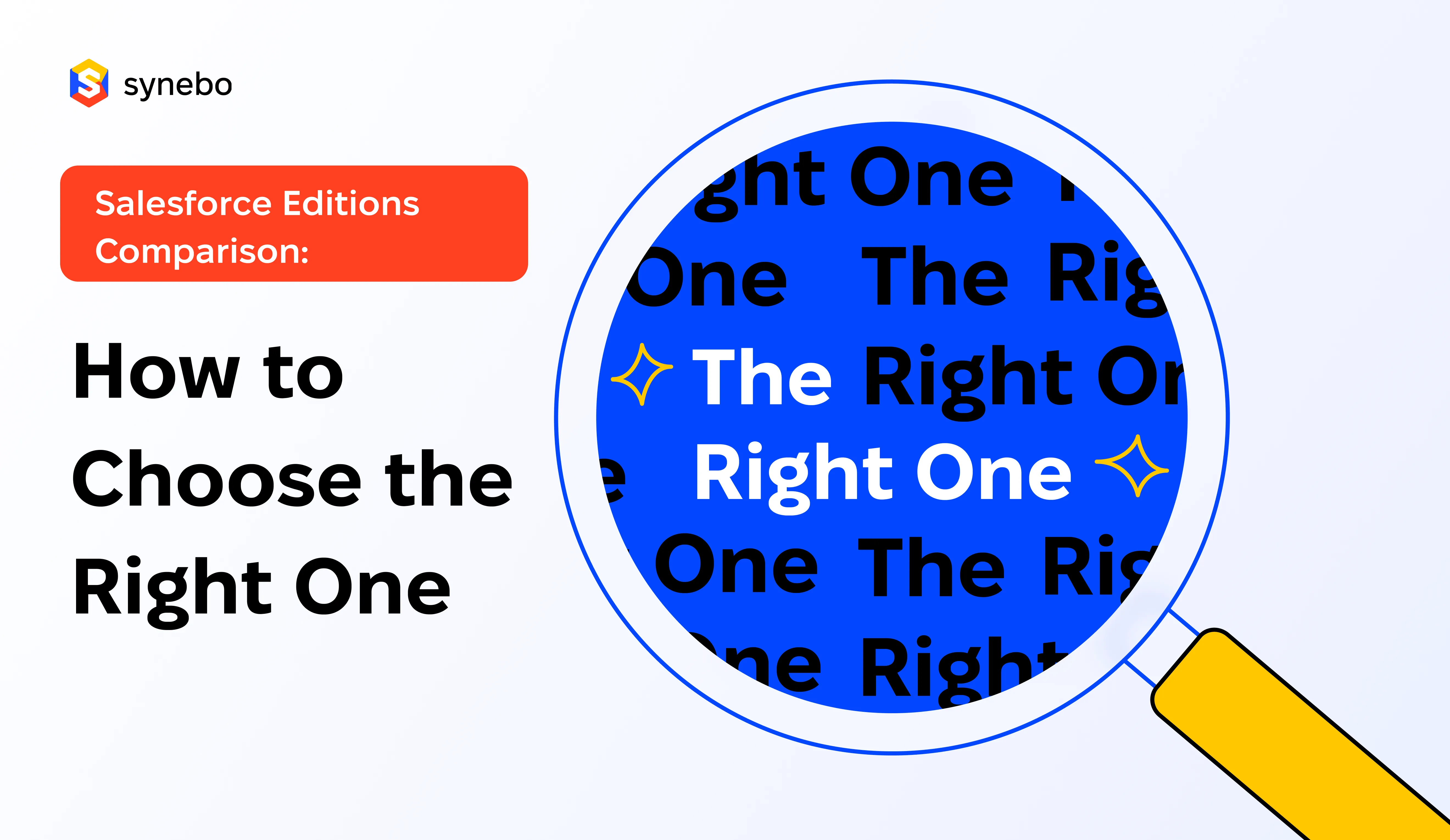
Salesforce offers multiple CRM editions tailored to various business sizes and needs. Understanding each edition’s features and pricing can significantly influence your choice, ensuring you select the best option for your company’s growth and efficiency.
This article compares four main Salesforce editions — Essentials, Professional, Enterprise, and Unlimited — to help you choose the best fit for your business needs. For more detailed insights into their features, benefits, and costs, continue reading our comprehensive Salesforce editions comparison.
Understanding Salesforce Editions
Before we dive into the specifics of each Salesforce edition, let’s get a basic idea about Salesforce and why it is a powerful tool for businesses of all sizes.
What is Salesforce?
Salesforce is a cloud-based Customer Relationship Management (CRM) platform that allows businesses to manage and analyze customer interactions and data.
Salesforce provides a range of tools and features to help businesses streamline their sales, marketing, and customer service processes. By centralizing customer information, Salesforce enables companies to build stronger relationships with their clients, improve internal communication, and drive overall business growth. Here’s what Salesforce is about:
- CRM system
- Lead & opportunity management
- Campaign & email management
- Case & incident management
- Custom application development
- Enterprise cloud hosting
- Business scalability
- Sector-specific configurations
Brief Overview of Salesforce Editions
Salesforce offers four main editions: Salesforce Essentials, Salesforce Professional, Salesforce Enterprise, and Salesforce Unlimited. Each edition comes with its own set of features and capabilities, designed to meet the needs of different business sizes and industries.
|
Salesforce Edition |
Target Business Size |
Key Features and Functionalities |
|
Essentials |
Small businesses or startups |
Basic CRM functionality such as contact management and email integration, affordable price point. |
|
Professional |
Growing businesses |
More advanced sales and marketing tools, including lead scoring and campaign management. |
|
Enterprise |
Larger organizations |
Suited for complex sales processes, includes features like workflow automation and advanced reporting. |
|
Unlimited |
Very large or complex enterprises |
Includes all Enterprise features plus highest level of support, configuration services, and access to Premier Success resources and additional customization options. |
Unsure which Salesforce edition is right for your business? Let our Salesforce consultants help you choose the perfect fit.
Key Salesforce Editions Feature Comparison
Let’s take a closer look at the key features of Salesforce editions to better understand which one aligns with your business requirements.
Here is a detailed Salesforce editions feature comparison, tailored to different business sizes and needs:
|
Salesforce Edition |
Key Features and Functionalities |
|
Essentials |
|
|
Professional |
|
|
Enterprise |
|
|
Unlimited |
|
This table provides a comprehensive overview of what each Salesforce edition offers, helping you to understand which edition best fits your requirements based on the complexity of your CRM needs and the scale of your operations.
Still deciding if Salesforce is the right CRM for your B2B company? Read our guide on how to choose a CRM system for your B2B company.
Pricing Comparison Among Salesforce Editions
Moving on with Salesforce editions comparison, you should also understand the cost implications of each edition to select the right one for your business. When considering the cost of Salesforce editions, look not only at the price per user per month, but also at the value each edition brings to your business. The features, functionalities, and support offered by each edition play a significant role in determining the overall return on investment (ROI).
Let’s explore the pricing differences between the main Salesforce editions:
|
Salesforce Edition |
Monthly Cost Per User |
Target Business Size |
Key Features and Functionalities |
|
Essentials |
$25 |
Small businesses or startups with limited budget |
Provides essential CRM capabilities like contact management and opportunity tracking, designed for small businesses to streamline sales processes and improve customer relationships. |
|
Professional |
$75 |
Growing businesses |
Offers advanced sales and marketing automation tools, customizable reports and dashboards, and integrations with third-party apps, ideal for businesses requiring more sophisticated CRM functionalities. |
|
Enterprise |
$150 |
Larger organizations |
Includes all features of the Professional edition plus advanced customization options, workflow automation, and enterprise-level security features, suitable for businesses with complex CRM requirements. |
|
Unlimited |
$300 |
Very large or complex enterprises |
Provides the most comprehensive and customizable features including unlimited customizations, 24/7 support, and access to additional Salesforce products and services, tailored for large enterprises focusing on maximizing productivity and efficiency. |
Feeling overwhelmed by the different Salesforce cloud options? We break down the 15 types of Salesforce Clouds in our informative blog post.
Determining Your Business Needs
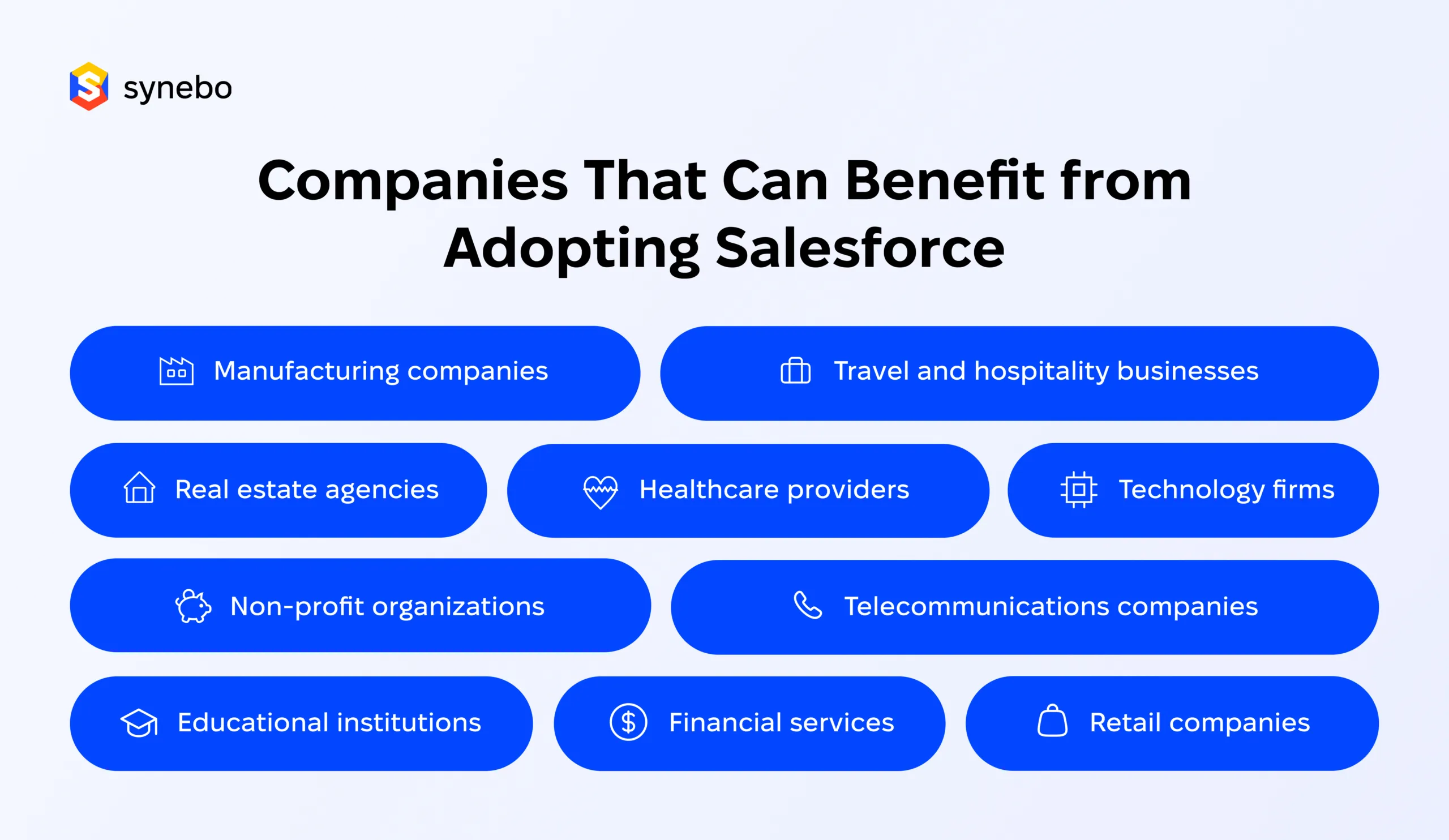
Now that you have a clear understanding of the different Salesforce editions and their features, it’s time to assess your business needs before making a decision.
When evaluating your business needs, delve deeper into the specific requirements of your organization. Consider factors such as:
- Nature of your industry. Evaluate the unique demands and regulatory constraints of the sector your business operates in to ensure your CRM system can meet these specific requirements.
- Level of customer interaction. Determine the frequency and depth of your engagements with customers to identify the necessary CRM features that will support effective communication and customer service.
- Volume of data that needs to be managed. Consider the amount of customer, sales, and business-related data your organization handles to choose a CRM system that can effectively scale and perform according to your data management needs.
Understanding these intricacies will help you align Salesforce’s capabilities with your business objectives more effectively.
Assessing Your Company Size and Requirements
Consider the size of your company and the complexity of your CRM requirements. If you are a small business or startup with limited resources, Salesforce Essentials may be the most suitable choice. However, if you are a larger organization with extensive customization needs, Salesforce Enterprise or Salesforce Unlimited may be a better fit.
Furthermore, it’s crucial to anticipate future growth and scalability. Choosing a Salesforce edition that can accommodate your company’s expansion plans will prevent the need for frequent system migrations and upgrades, saving you time and resources in the long run.
Identifying Your Budget Constraints
Evaluate the pricing differences and the added value provided by each edition. Take into account not only the initial cost, but also the long-term benefits and return on investment. Additionally, factor in any potential hidden costs, such as Salesforce implementation expenses, training fees, and ongoing support charges. A comprehensive budget analysis will ensure that your Salesforce investment aligns with your financial capabilities and strategic goals.
Ready to implement Salesforce but don’t know where to start? Our Salesforce implementation services can take care of everything for you.
Matching Salesforce Editions to Your Business Needs
Now that you have assessed your business needs, let’s determine which Salesforce edition best matches your requirements. Deciding on the right edition is crucial to ensuring that your CRM system aligns perfectly with your business goals and processes.
Here’s a summarizing Salesforce editions comparison to guide you on when to choose different Salesforce editions based on your specific needs:
|
Salesforce Edition |
Ideal For |
Key Features and Reasons to Choose |
|
Essentials |
Small businesses or startups |
Cost-effective CRM with essential features for managing customer data and team collaboration, offers a user-friendly interface and basic functionalities. Suitable for businesses establishing their CRM system. |
|
Professional |
Growing businesses |
Provides advanced reporting and customization capabilities, including robust reporting tools, workflow automation, and customization options. Ideal for businesses scaling operations and enhancing customer relationships. |
|
Enterprise |
Larger businesses with complex CRM requirements |
Empowers organizations to delve deeper into their data, streamline processes, and ensure data security and compliance at scale. Suitable for advanced analytics, territory management, and enhanced security features. |
|
Unlimited |
Businesses demanding extensive customizations |
Offers the highest level of customization, support, and additional products, including access to premium features like Salesforce Einstein AI. Designed for enterprises seeking flexibility, scalability, and innovation in CRM. |
Are you a SaaS company looking to leverage the power of Salesforce? Discover why Salesforce is the perfect solution for your business in our blog on why SaaS companies need Salesforce.
Transitioning Between Salesforce Editions
In some cases, your business needs may evolve over time, requiring an upgrade or downgrade to a different Salesforce edition. Let’s explore how you can transition between editions.
When considering transitioning between Salesforce editions, carefully assess your current and future business requirements. Conduct a thorough analysis to determine whether an upgrade or downgrade aligns with your organization’s goals and objectives. Consult with key stakeholders to ensure a smooth transition that meets the needs of all departments.
Upgrading Your Salesforce Edition
If your business has grown or your CRM requirements have changed, you can easily upgrade your Salesforce edition to gain access to more advanced features and capabilities. Salesforce provides a smooth transition process, ensuring minimal disruption to your operations.
- Before initiating the upgrade process, create a comprehensive plan that outlines the specific features and functionalities you aim to leverage in the new edition.
- Communicate these changes to your team members and provide training sessions to familiarize them with the enhanced capabilities.
- Monitor the transition closely to address any issues promptly and optimize the use of new features.
The decision to upgrade your Salesforce edition mainly depends on the features each edition offers. We’ll focus on the top three reasons for upgrading across different editions.
Reason 1: From Essentials to Professional
Initially, Salesforce’s Essentials edition serves as a basic option ideal for startups. However, it lacks several critical features vital for sales and support functions. Upgrading to the Professional edition provides enhancements such as:
- Case & quote management: Supports the full lead-to-cash lifecycle, transforming Salesforce from a mere sales tool to a comprehensive customer-focused solution.
- Advanced sales features: Includes tools like Lead Scoring and Collaborative Forecasting that help sales teams enhance revenue generation through better strategic processes.
- Customization options: The Professional edition offers extensive customization capabilities, allowing adaptations like customized profiles, page layouts, and record types to boost productivity and data privacy.
Reason 2: From Professional to Enterprise
The move from Professional to Enterprise is popular due to the increased customization possibilities and support for numerous partner integrations.
- API access: Enterprise edition facilitates integration with external systems through Salesforce APIs, crucial for extending Salesforce capabilities.
- Automation enhancements: The Enterprise edition supports a higher level of automation with unlimited process flows, essential for efficient business operations.
- Extended customization: Unlike the Professional edition, Enterprise allows unlimited customization of profiles, roles, and permissions to fine-tune the Salesforce experience according to business needs.
Reason 3: From Enterprise to Unlimited
Businesses often upgrade from Enterprise to Unlimited edition to accommodate growth or the integration of more divisions, benefiting from:
- Increased custom objects and fields: The Unlimited edition allows for up to 2,000 custom objects and enhances the number of custom fields per object, crucial for larger organizations.
- Development sandboxes: This edition includes a full copy sandbox at no extra cost, providing a secure environment to test CRM changes.
- Upgraded support options: Unlimited edition users gain access to higher-tier support services, enhancing issue resolution and system management.
Downgrading Your Salesforce Edition
In certain scenarios, your business may need to reduce costs or simplify your CRM processes. Salesforce allows you to downgrade to a lower edition, maintaining your data and allowing you to continue with the functionalities that best suit your new requirements.
Downgrading can be necessary, driven primarily by cost considerations or to simplify overly complex data models. Key reasons include:
- Cost reduction: Downgrading can significantly cut costs, especially if the essential features remain supported in the lower edition.
- Process simplification: Reducing the scope of customization can decrease technical debt and simplify the organizational structure.
Downgrading Steps
Downgrading involves careful planning and execution.
- Feature analysis: Assess which features will no longer be available and whether the lower edition meets your business needs.
- Data migration: Migrate all data and customization from the higher to the lower edition, a complex process that often requires professional assistance.
Whether upgrading for enhanced features or downgrading to reduce costs and complexity, each decision should be made with a thorough understanding of the implications on business processes and system capabilities.
Need to connect Salesforce to your existing systems for a seamless workflow? Explore our Salesforce Integration Services and unlock the full potential of your data.
Final Take
To determine the right Salesforce edition, consider your business size, industry, CRM needs, and budget. Remember that Salesforce Essentials is suitable for small businesses requiring basic CRM functionalities at a low cost. At the same time, Salesforce Professional offers more advanced features for growing businesses. Finally, Salesforce Enterprise and Salesforce Unlimited are ideal for large organizations requiring extensive customization and support.
Synebo, as a Salesforce development company with over 8 years of experience, can provide expert guidance and support in choosing, implementing, and optimizing Salesforce editions to ensure you make the most of this powerful CRM platform. Whether you’re migrating from another CRM, seeking to enhance your application architecture, or aiming for seamless integration, we’ve got you covered.
Contact us to discuss opportunities for your business in Salesforce


